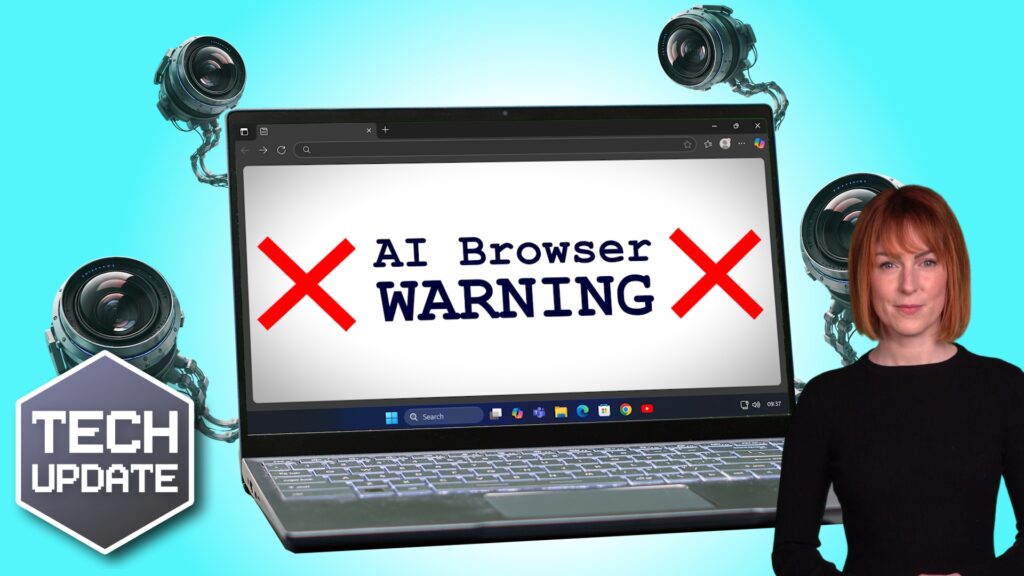
Consider this before using AI browsers at work
Ever wondered what really happens behind the scenes when your team uses an AI-powered browser?
There’s a hidden trade-off between convenience and security that most businesses don’t spot until it’s too late.
And it could affect your sensitive data, your compliance, and even your day-to-day operations…
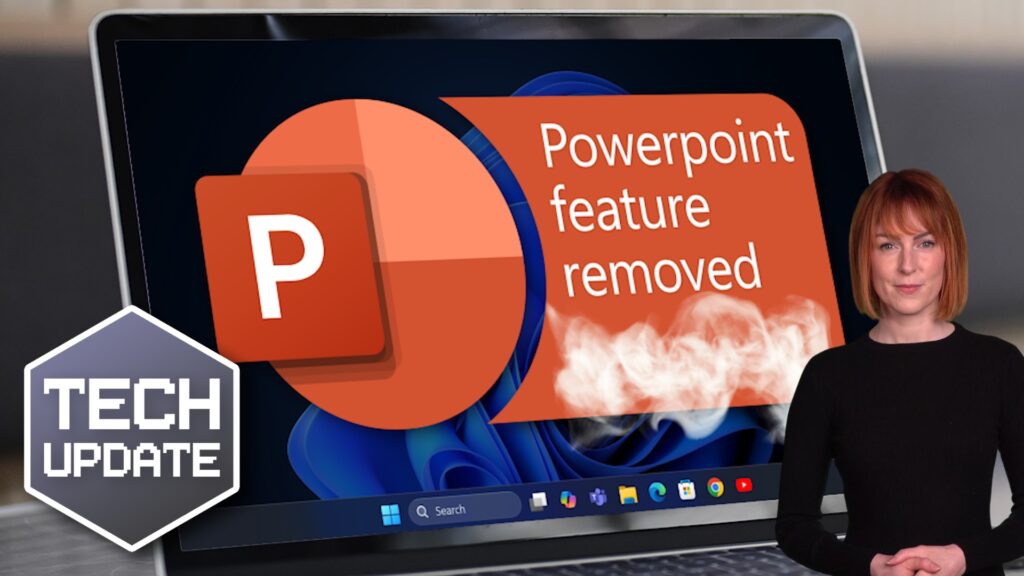
PowerPoint drops its “Reuse Slides” feature
Have you noticed a time saving feature is missing from PowerPoint?
It’s not a mistake. But it might be a productivity killer.
Luckily, there are a couple of workarounds. Your people need to know about these…
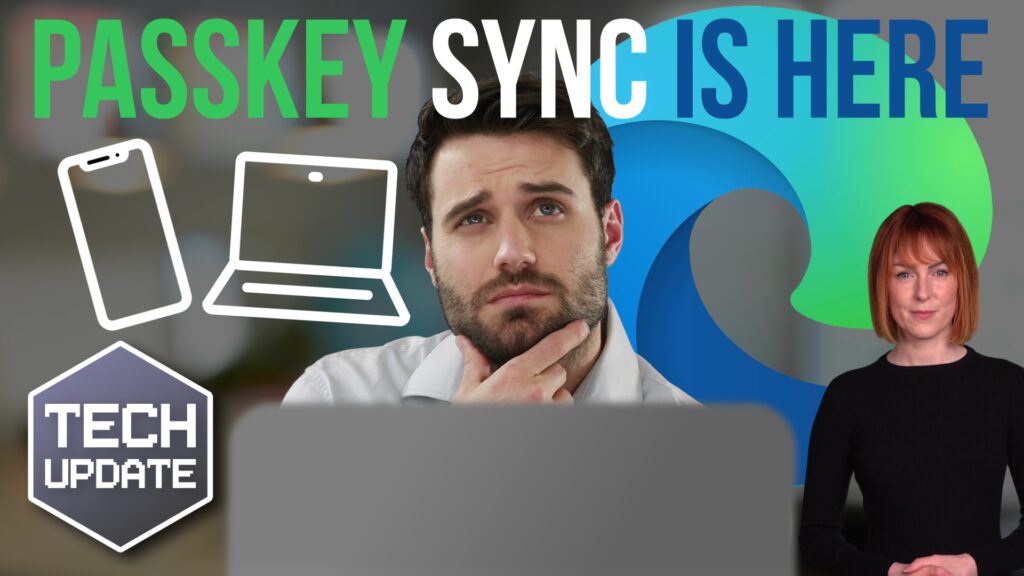
At last: Sync passkeys across your devices
Tired of juggling passwords and endless reset emails?
There’s a smarter, safer way to log in. Once again, Microsoft is about to make life a lot easier for you and your team.
No passwords. No lockouts. Just quick, secure access wherever you are…
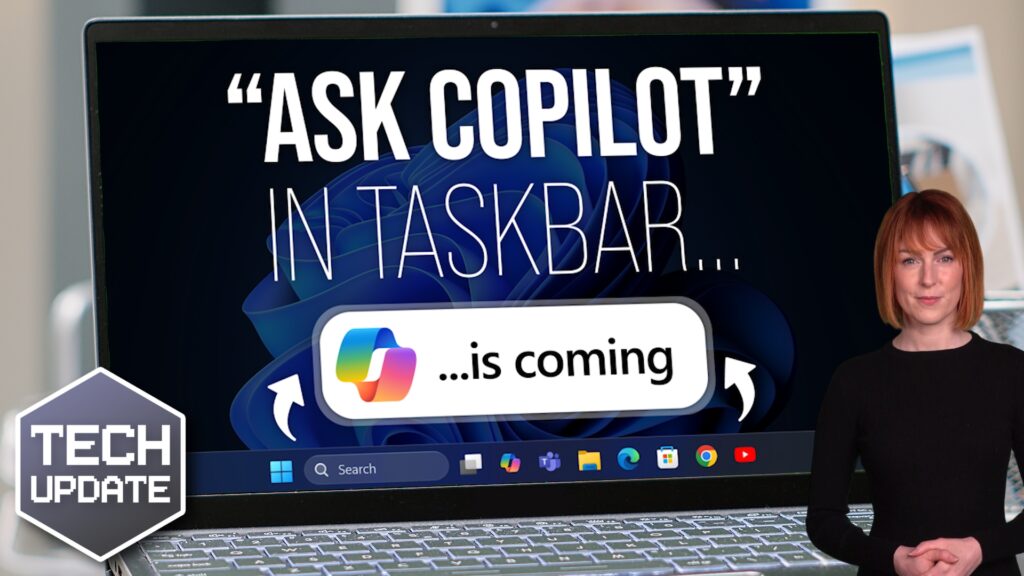
“Ask Copilot” is coming to your Taskbar (but only if you want it to)
What if your computer could understand what you mean, not just what you type?
Microsoft’s testing something new in Windows 11 that could completely change how you search, click, and get things done.
It’s smart. It’s optional. And it might save your team a lot of time…
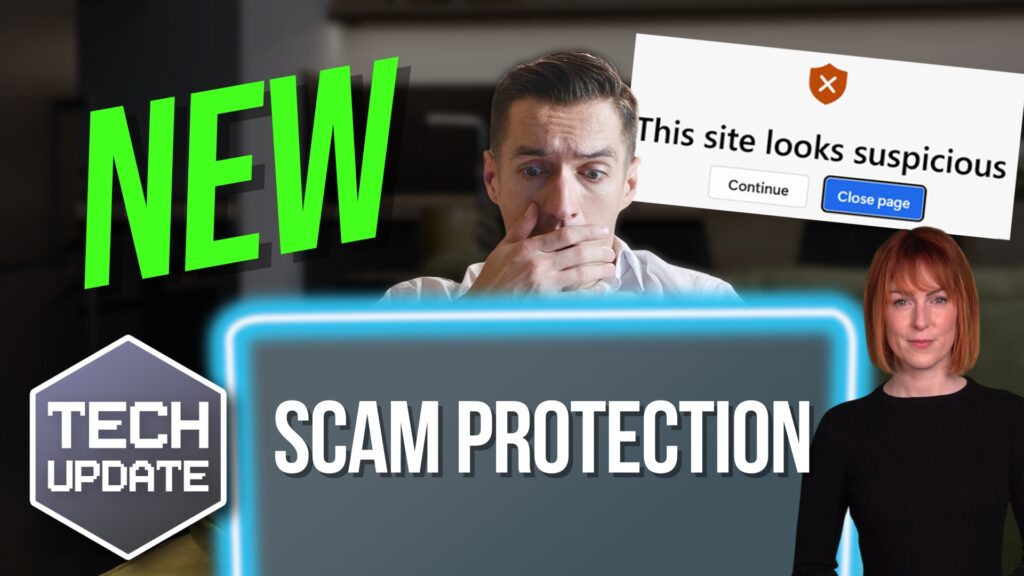
Microsoft Edge introduces a new scam protection tool
Those fake “your computer is infected” pop-ups are getting smarter. And scarier.
But there’s some big news from Microsoft that could make them a thing of the past.
This update to Edge is changing how your browser fights back against online scams…

Is your team using AI well? Copilot can tell you
You’ve adopted Copilot in your business. You know the potential benefits are huge.
But is your team as enthusiastic about using it as you are?
This new feature will tell you…

How to help your people be AI confident
Has your business embraced AI? Or do employees feel worried or even judged for using it?
If you want to benefit from everything AI can offer, you need to give your team a confidence boost. Here’s how…
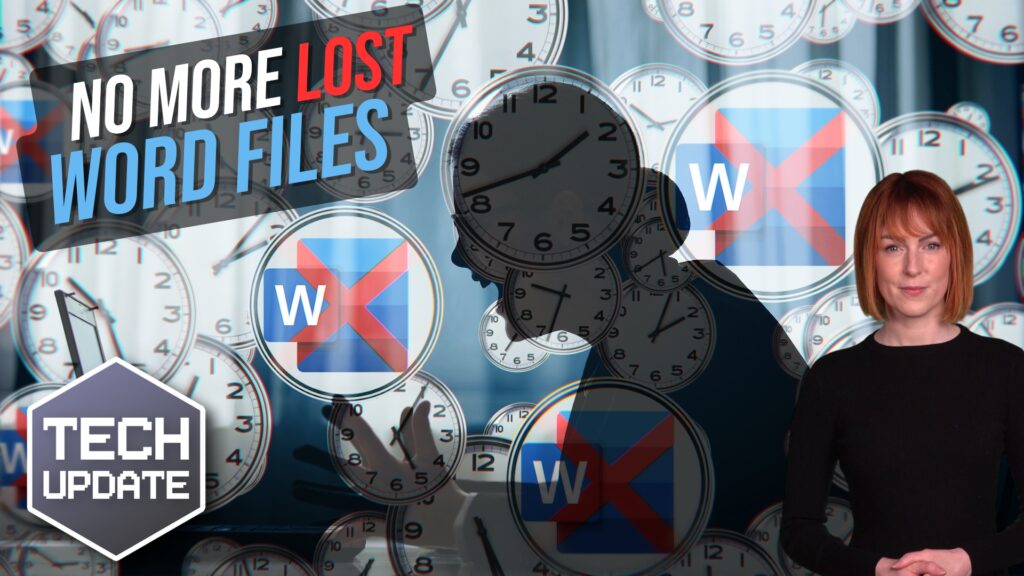
Never lose a Word document again
You know that sick feeling you get when your computer crashes?
Hours of work swirl down the drain. All because you forgot to hit “Save”.
Well, Microsoft’s got an update that means that will never happen again…

Managed IT Services Made Simple: What You Get, What It Costs, And How To Choose An MSP
If you run a small or medium business in East Anglia, you have probably felt the pain of IT issues landing at the worst possible
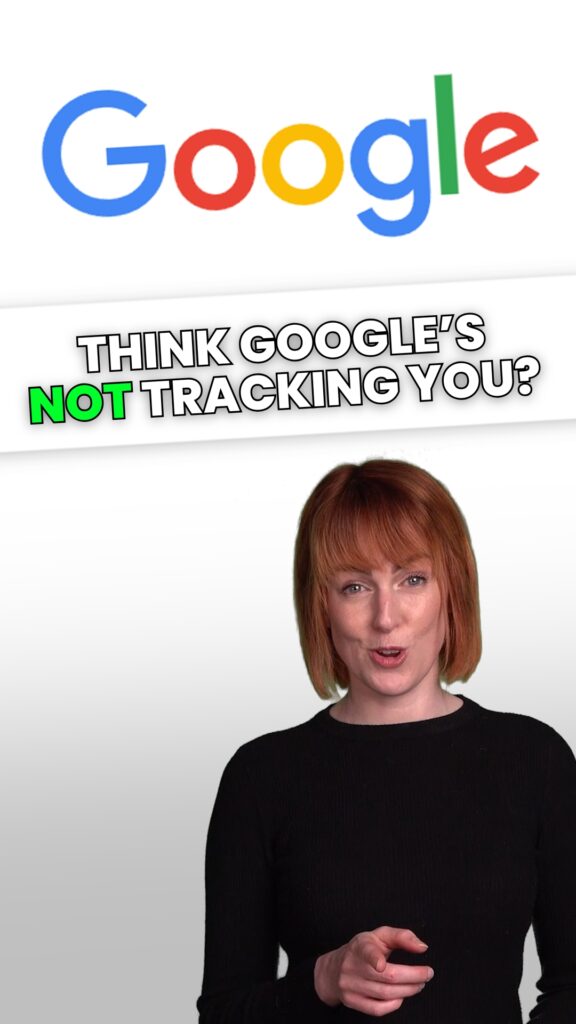
How to stop Google tracking your web activity
Think Google’s not tracking you? Think again. But you can stop them from seeing your every search, map check and voice command… It’s all saved

AI audio translation previews in Microsoft Edge
A new AI upgrade in your Edge browser could remove language barriers and make global content instantly accessible. Here’s how…

New: You decide what Copilot remembers
Microsoft’s latest update is changing the way AI assistants work with your business. And it’s putting you firmly in the driver’s seat. Here’s what that means for you…

How to save battery with hibernation mode
Hey, try this if your laptop battery drains too fast. In Windows 11 there’s something called Hibernation mode. It’s better than Sleep mode. It saves
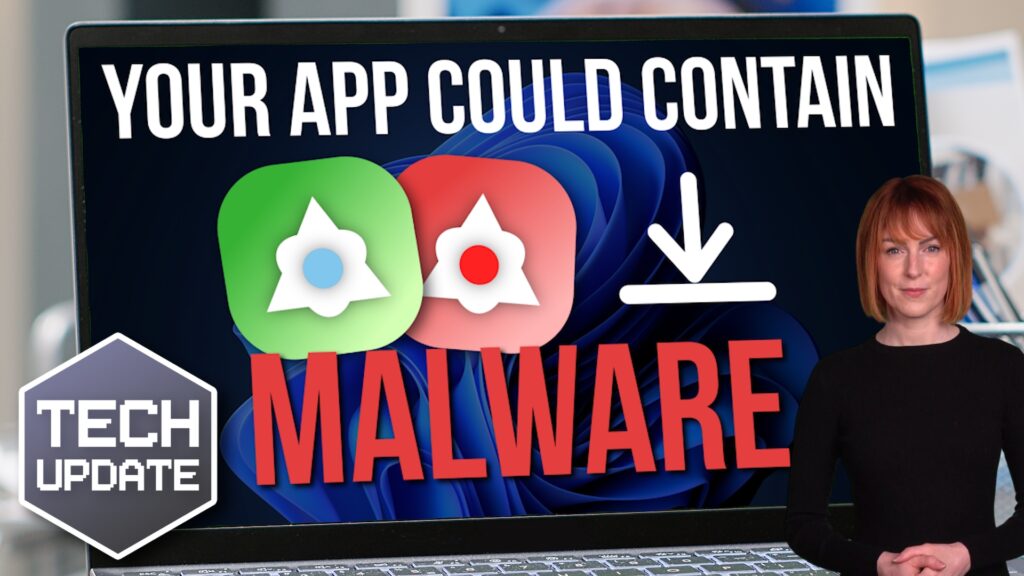
Beware fake apps containing malware
How do you know the app you just downloaded is really what it claims to be? Even your most careful employees may be fooled. Is your business ready for that risk?

80% of malware is powered by AI
Cybercrime is evolving fast… and AI is changing the game for both hackers and how we defend against them. Is your business ready for this?
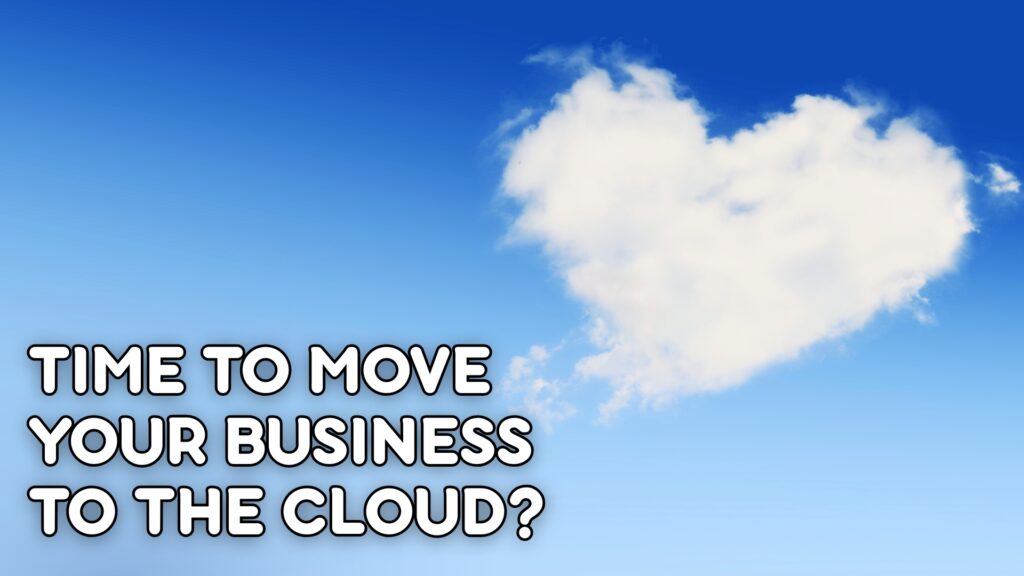
Time to move your business to the cloud?
Still storing files on office computers or a local server? That setup might be holding your business back. The cloud makes everything simpler. Secure access

Smoother, smarter dictation in Windows 11
Ever get frustrated fixing mistakes after using dictation? A new Windows 11 feature is built to make that headache disappear. It will make dictation smoother, and far more precise, first time…
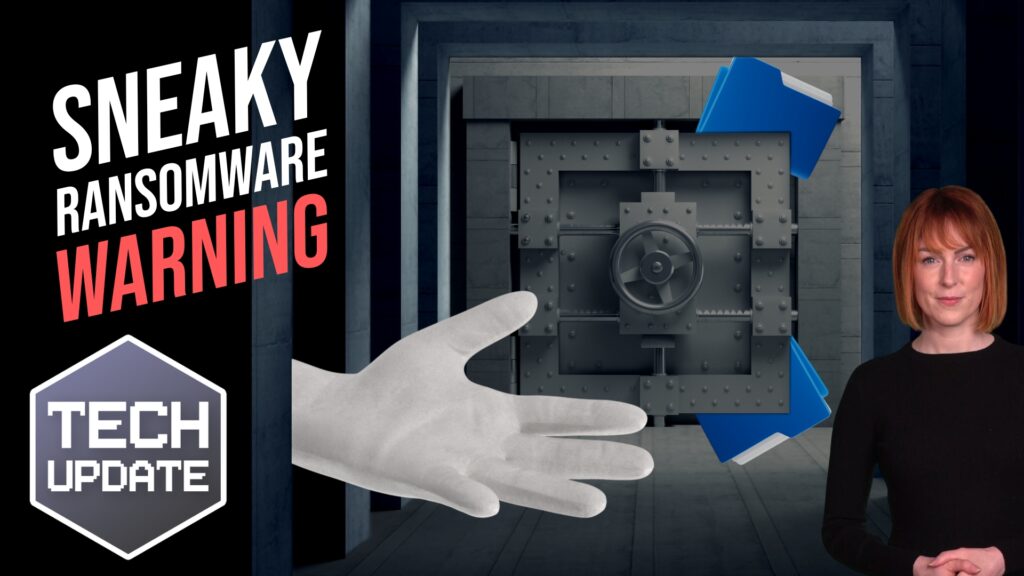
FBI issues new ransomware warning
When you hear a warning from the FBI you know things are serious. And that’s why you should take notice of this latest warning about a ransomware group that could target your business. Here’s how you can stay safe…

New: Windows 11 AI Agent helps with Settings
Ever get lost in your computer’s Settings, just trying to tweak one little thing? There’s a smarter way coming that makes finding and changing settings faster, simpler, and far less frustrating. Find out how it helps to save time, keep things private, and get your team get back to work quickly…

More good news for accessibility in Windows 11
Ever stare at a chart or image in a document, knowing it matters but not quite understanding it? There’s something new in Windows 11 that’s about to remove that problem. Find out more here.
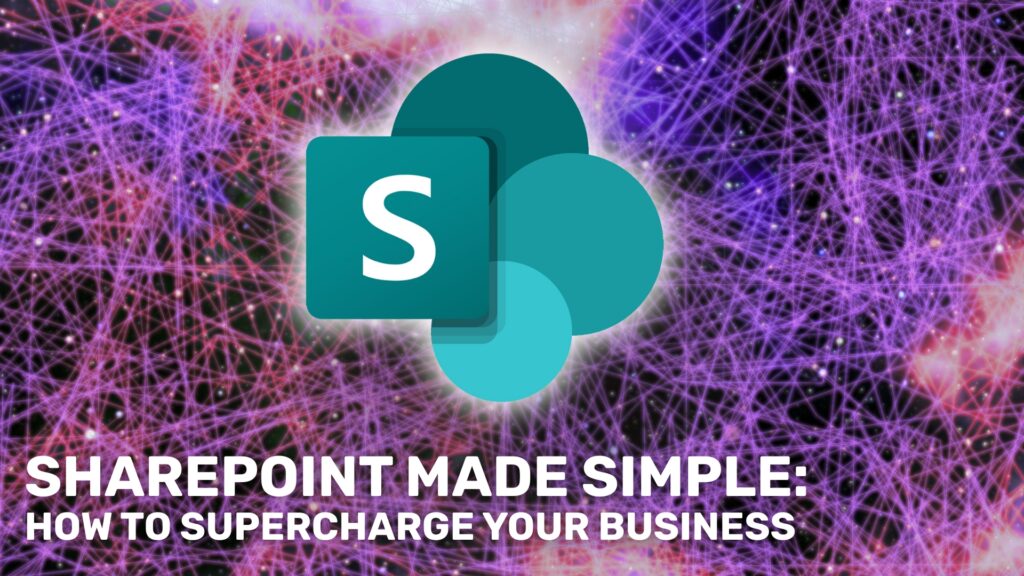
SharePoint made simple: How to supercharge your business
Is your business still wasting hours hunting for files? Messy folders. Endless email chains. Lost versions. It’s slowing you down more than you realise. Here’s

Better battery life for Windows 11 laptops
Wish your laptop could last longer on a single charge? Big changes could be on the way that help your team work smarter (and stress less about finding outlets).
Learn more about this business-boosting improvement from Microsoft and Windows 11…
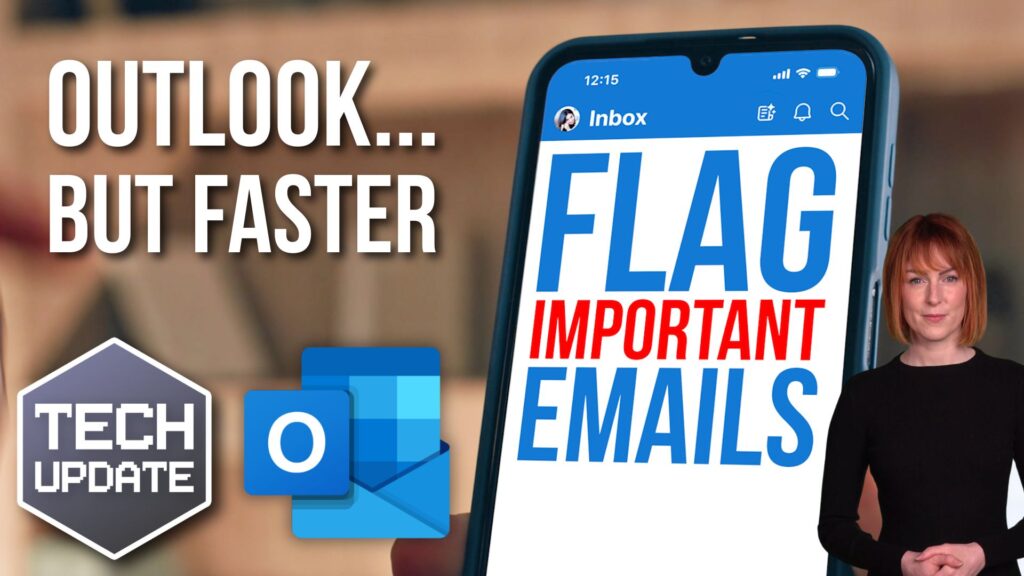
Outlook will flag your most important emails
Your inbox is about to get a powerful new ally. Find out how Outlook’s latest feature could help you cut through the noise of junk and spot the emails that really matter (and save time too)…
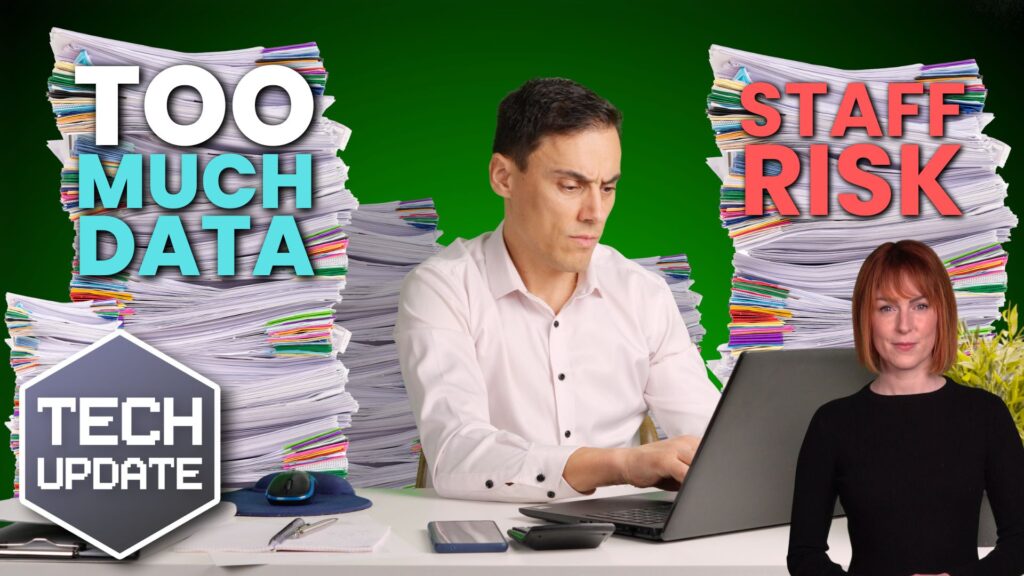
Half of staff have too much access to data
Do you know who in your business can access your critical data right now?
The risks that come along with that can be bigger than you think. Our latest tech update explains why this matters and what smart businesses are doing about it…
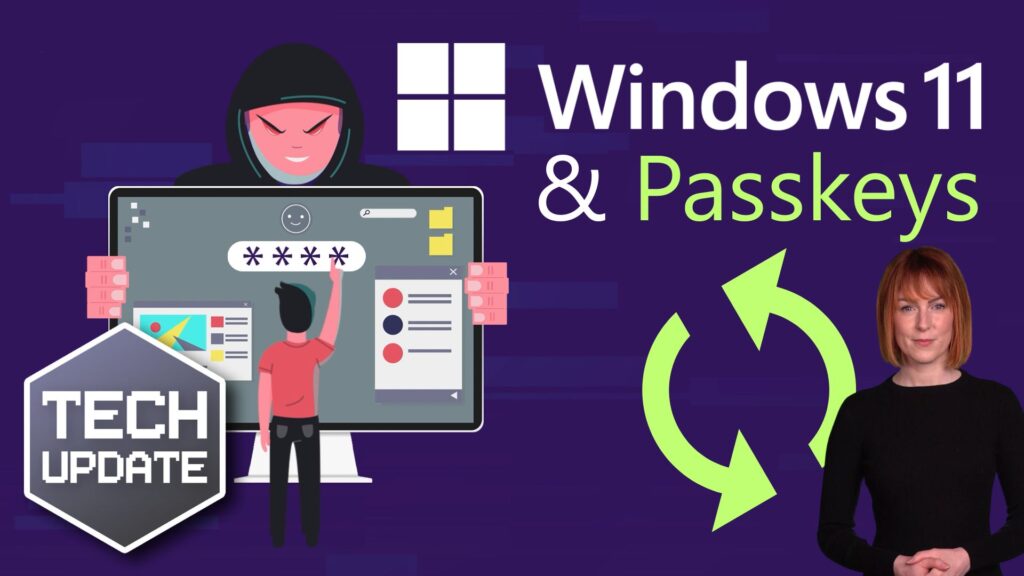
Passkeys will be better integrated in Windows
Big changes are coming to Windows 11 to make logging in safer and easier. Which is why now’s the time to get ready for a password-free future…
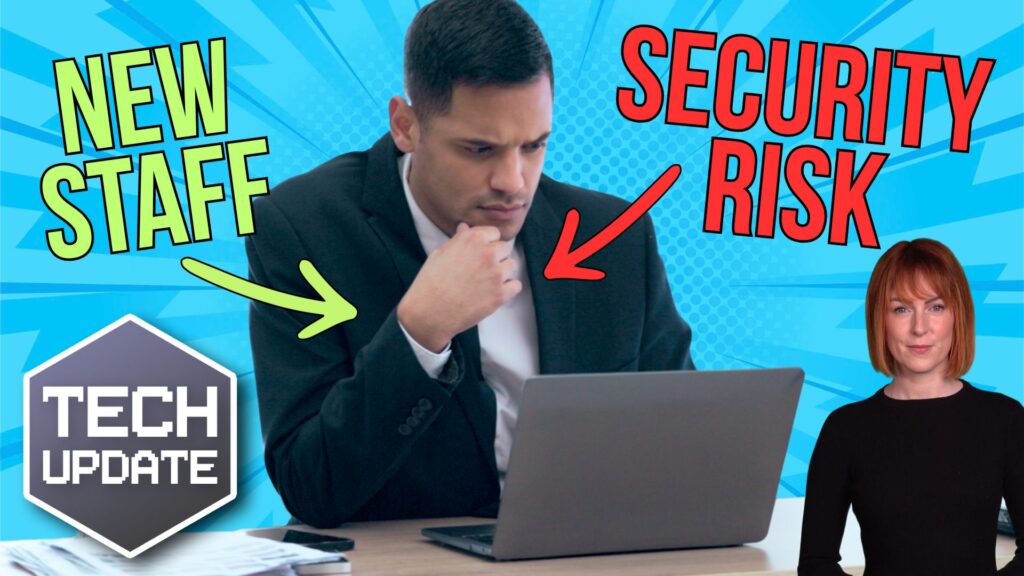
New member of staff… new security risk?
New employees are a prime target for cybercriminals. They don’t know the ropes yet, and the chances of them becoming a victim are high. Here’s what smart businesses are doing about this problem…
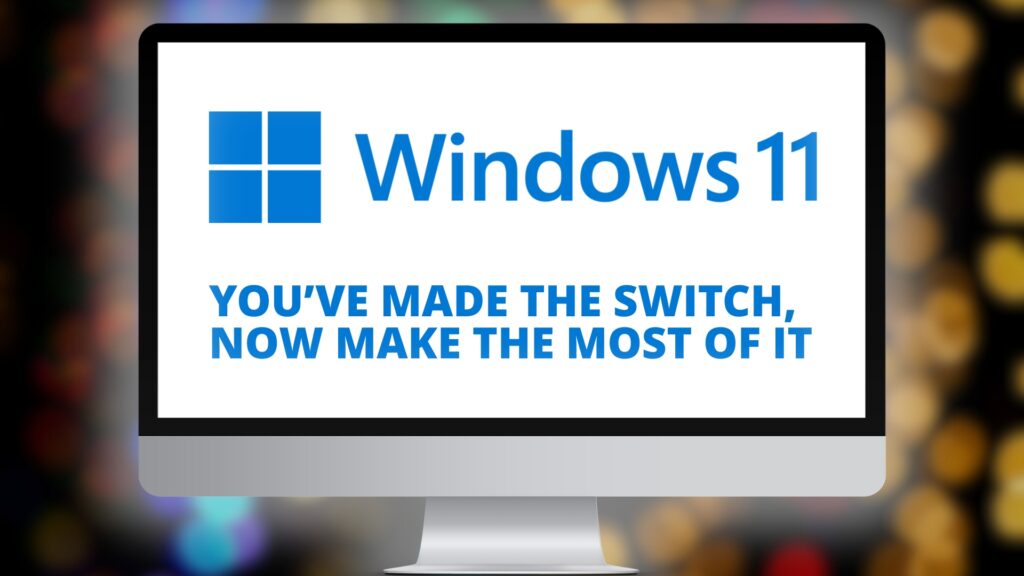
Windows 11: You’ve made the switch, now make the most of it
Upgraded to Windows 11? Smart move. Windows 11 is faster, cleaner, and built to help your business thrive. Oh, and security? That’s running quietly in

Free support for Windows 10 ends in TWO WEEKS
In just over two weeks, Microsoft ends free support for Windows 10 as it reaches end of life. If your business is still using it, this is going to affect you. Here’s what you need to know…
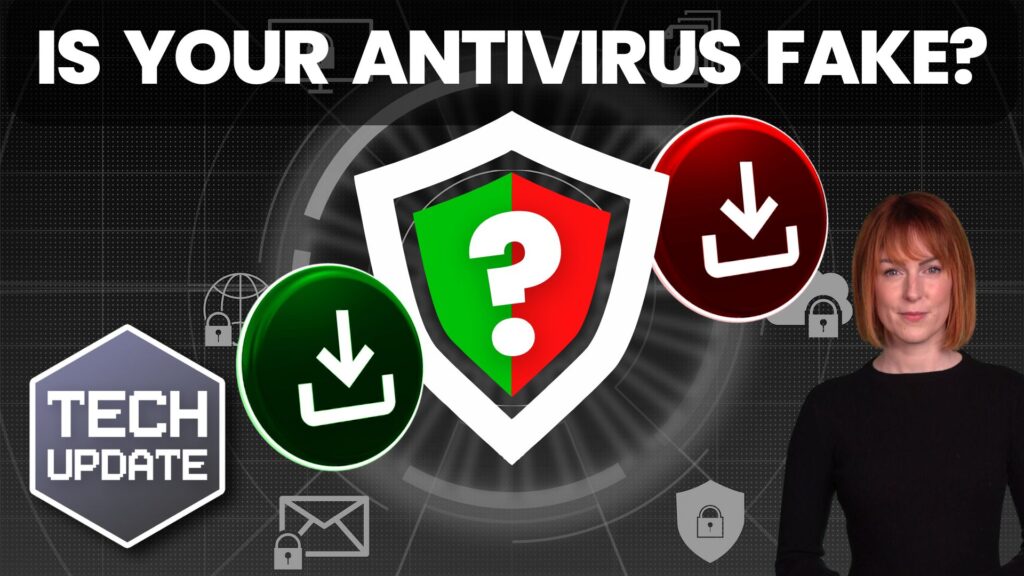
Warning: That antivirus website could be a fake
Scammers have been creating replica antivirus downloads that steal your data instead of protecting it. Here’s what you need to watch out for…
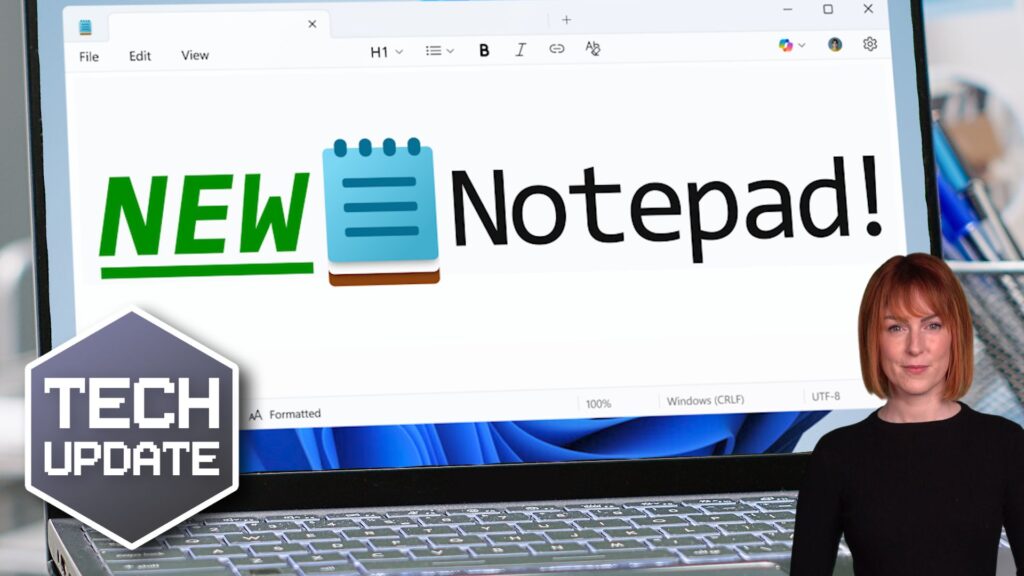
Exciting new formatting tools for Notepad
There’s a quiet update on the way for Notepad that might make a big difference to how you take notes, prep for meetings, or share quick updates with your team. Simple, fast, and now, just a bit smarter…
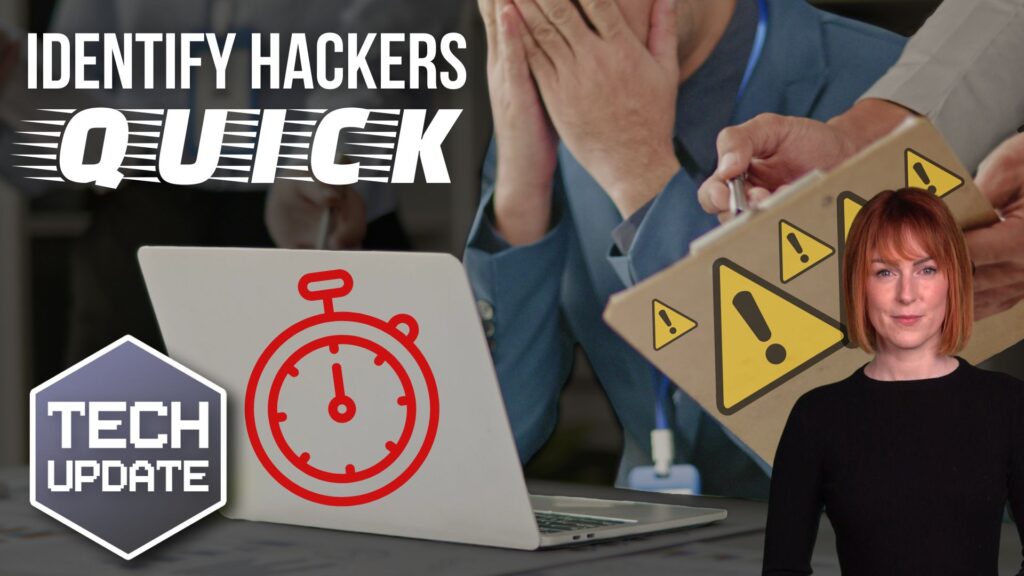
Microsoft plans a naming system for hackers
Hacking groups are given different names by different security companies. And that means you don’t know who’s really behind an attack so can’t react as quickly as you’d like. That’s about to change, thanks to Microsoft…
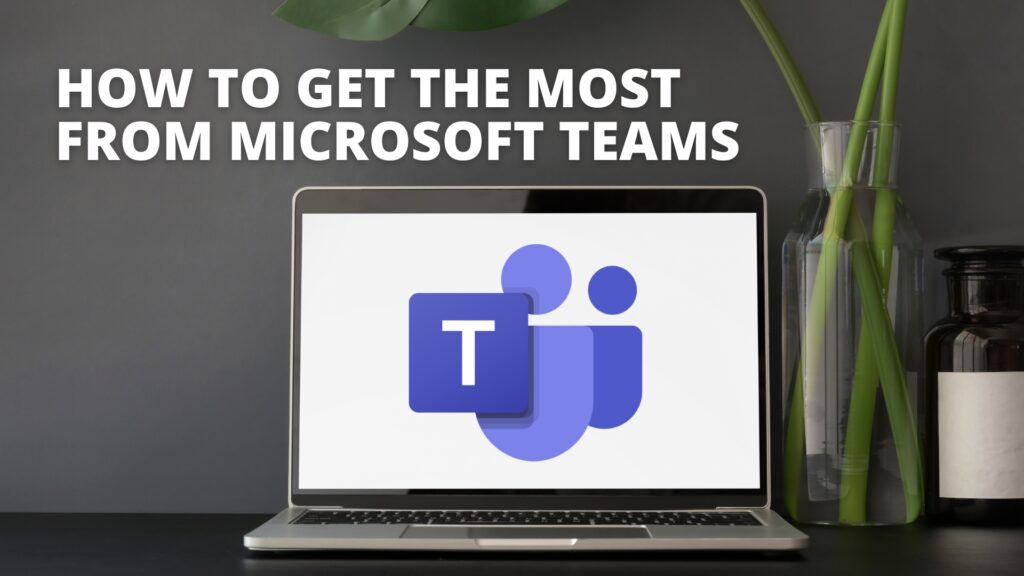
How to get the most from Microsoft Teams
Still using Microsoft Teams just for calls and chat? You’re missing out. It’s so much more than a messaging tool. In our latest video, we
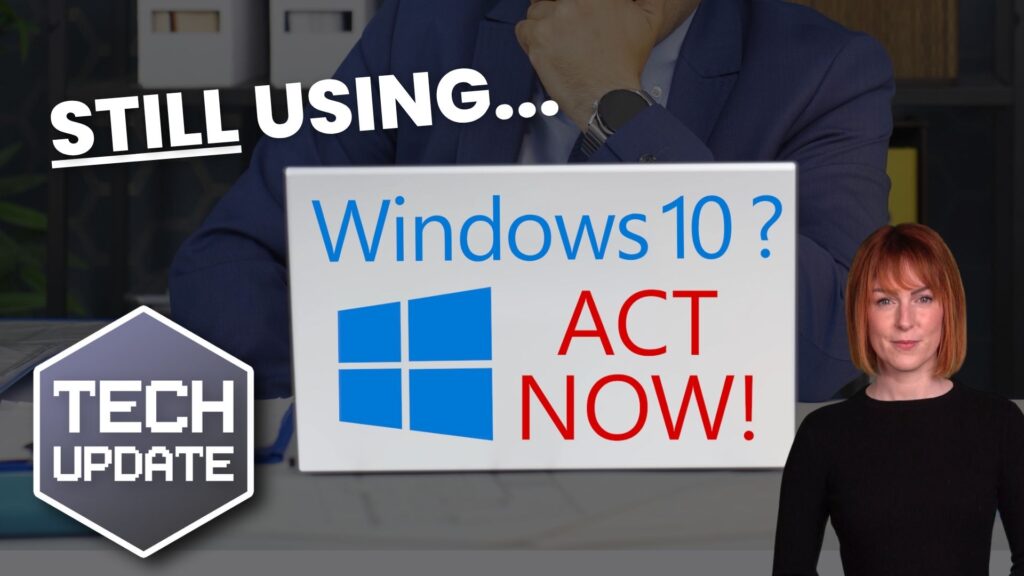
Still using Windows 10? You must act NOW
Windows 10 reaches its end of life NEXT MONTH. If your business still isn’t prepared, you must start planning. Now. Here’s what you need to consider…

Say goodbye to hours wasted on PowerPoint slides
PowerPoint presentations still hold a firm place in many business meetings. But, let’s be honest, they’re a real pain to create. If you regularly use PowerPoint, Microsoft’s got a solution you’ll love…

Windows 11 will warn you if someone’s snooping
You know that feeling that someone’s looking over your shoulder?
When you’re working, it’s not just creepy, it’s a security issue. But Microsoft’s working on a very cool feature in Windows 11 that will stop people snooping at your work. Here’s what we know so far…
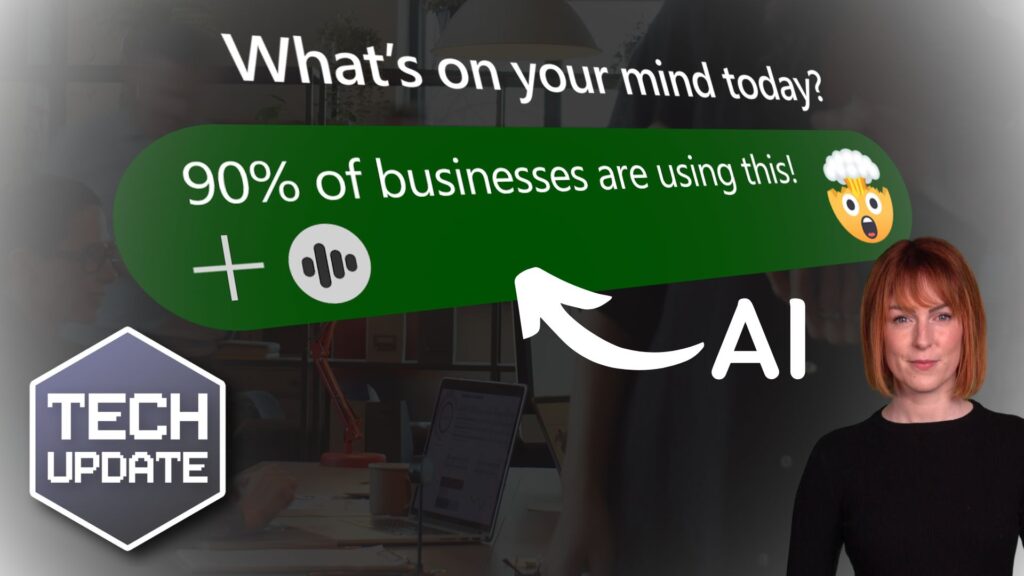
90% of businesses are now using generative AI
You’ve probably heard a lot about generative AI. But did you think about the huge impact it’s having on businesses across the globe? The list of benefits is endless. If you’re not keeping up, this is what you’re missing out on…
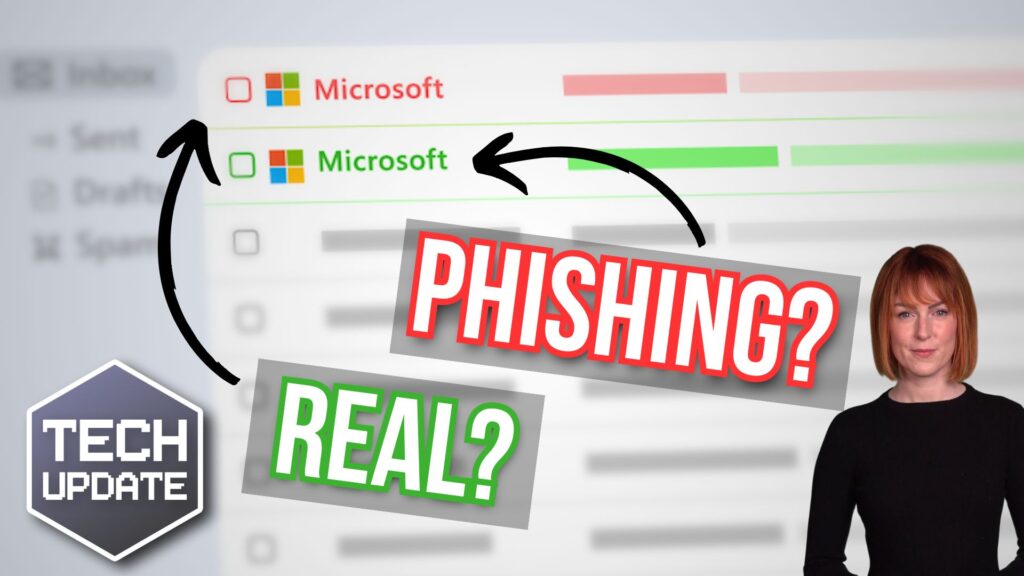
Beware: Is that Microsoft… or a phishing attempt?
Another email from Microsoft. But this time it’s asking you to take urgent action to protect your account. Before you click any links or provide any personal information, ask yourself: Is it really Microsoft? Or could it be a phishing attempt? Here’s how to tell…
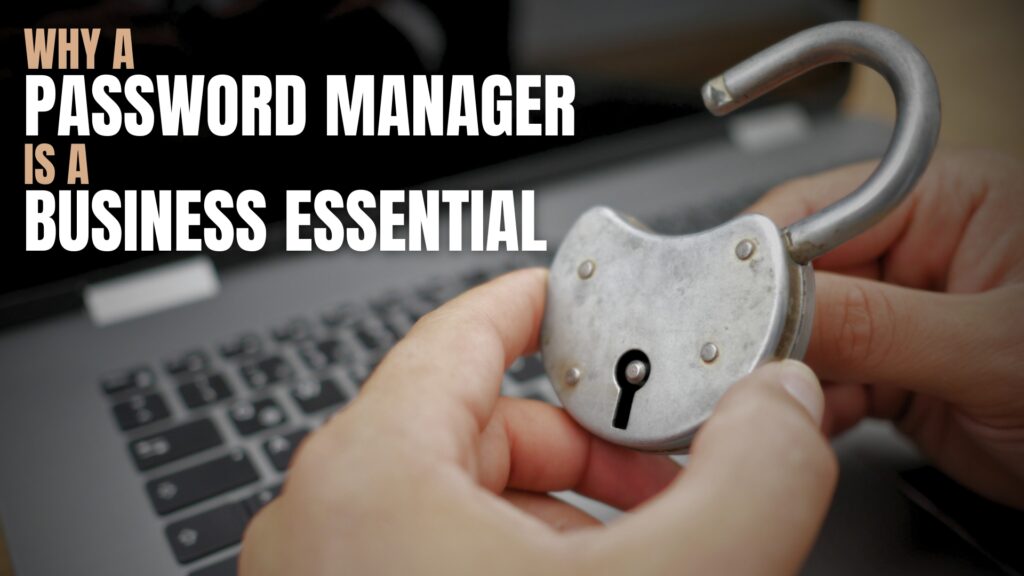
Why a password manager is a business essential
Still relying on your memory (or sticky notes) for business passwords? That’s risky. Weak or reused passwords are one of the easiest ways for hackers
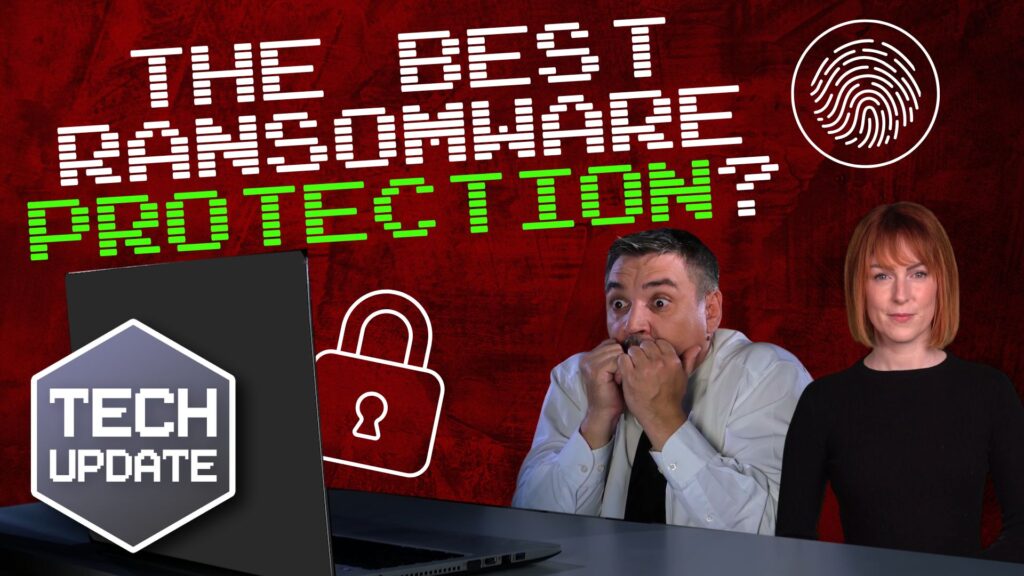
The BEST protection against ransomware
Ransomware attacks – where hackers steal your data and demand a ransom to give it back – are skyrocketing. You need to have the very best protection in place to keep your data secure. And here’s what that protection is…
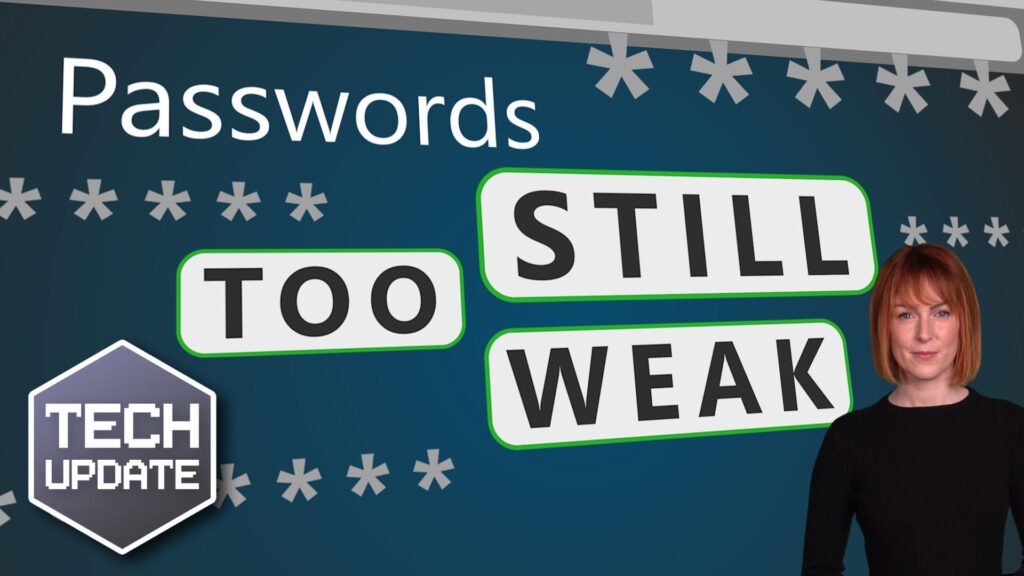
Your business’s passwords are still too weak
“iloveyou”, “12345”, “qwerty1”. If I’ve just guessed all your passwords, you need to change them, immediately. Why? Because your passwords are STILL too weak. It’s a big problem…
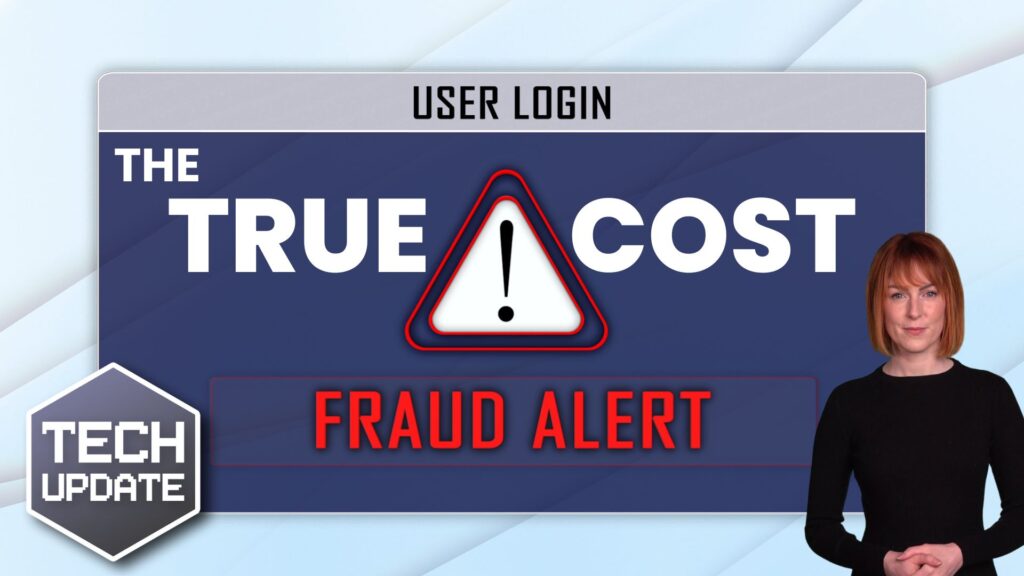
Fraud is costing businesses MILLIONS
Think fraud is only a problem for big corporations? Think again. Small and medium sized businesses are huge targets. And it’s costing a fortune. Here’s how to stay safe…
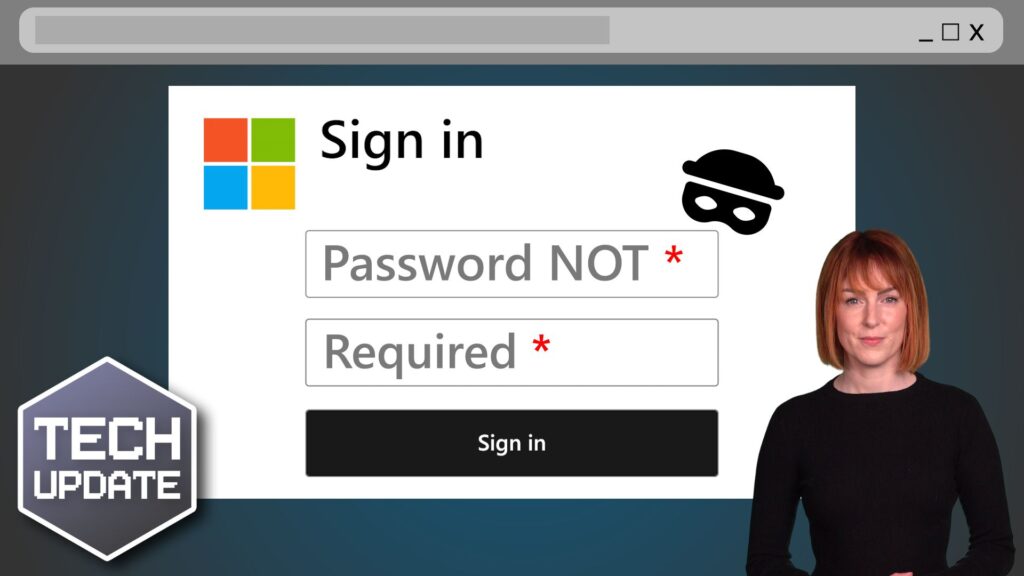
Microsoft: Criminals can access your accounts without your password
Just when you think you’ve got cyber security sorted for your business, a new scam comes along. This time, cyber criminals don’t even need to trick you out of your password to access your accounts… they can fool you with something called a “device code”.

How a strategic IT advisor pays for themselves (and then some)
Still treating IT like a fire extinguisher? Only calling for help when something breaks? That “break/fix” approach could be costing your business more than you
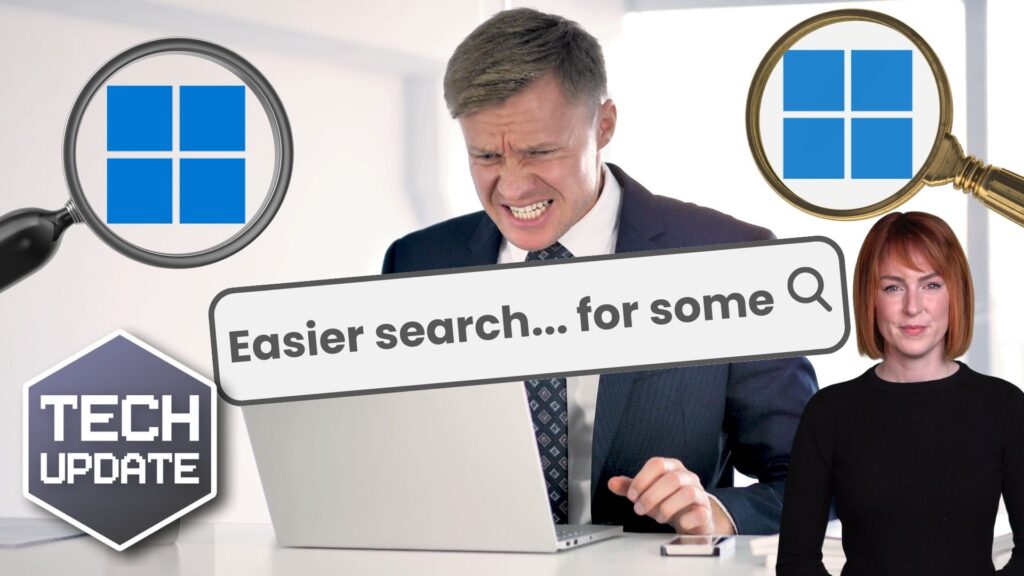
Searching in Windows 11 is about to get easier… for some
Searching for files in Windows isn’t always a smooth experience. Sometimes it’s slow and often it’ll show you web results rather than the file you need. But Microsoft is making things much simpler… for some people. Here’s how you can benefit from this.

Beware these free tools – they may be hiding ransomware
Need to change a file from one format to another? Easy, just Google a file converter, right? Stop! That may not be as safe as it seems. Find out why here…
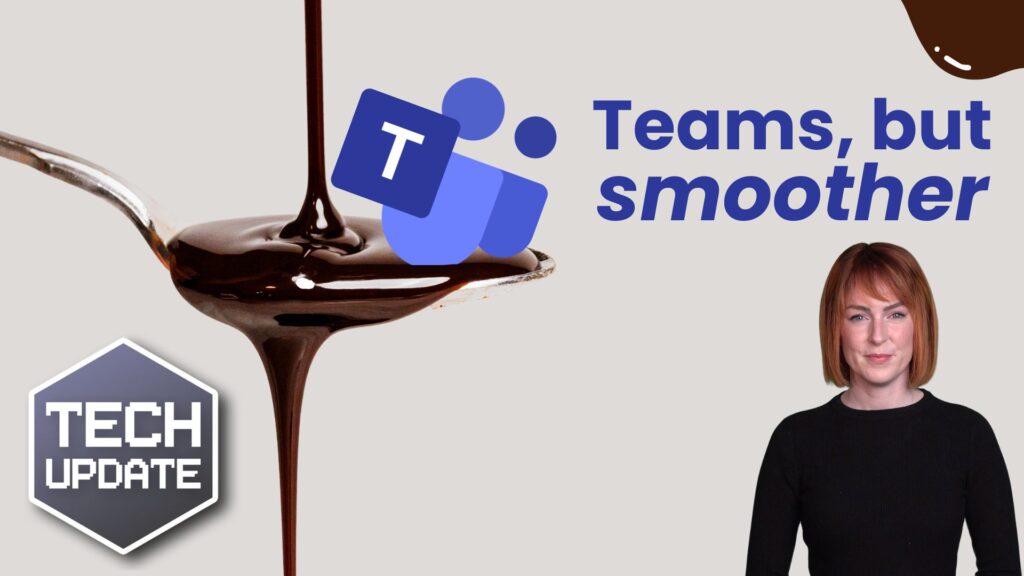
This tiny tweak to Teams will make meetings smoother
Sick of saying “next slide please” in your Teams meetings? Microsoft has a small but powerful new feature that will put an end to that. Find out more here…
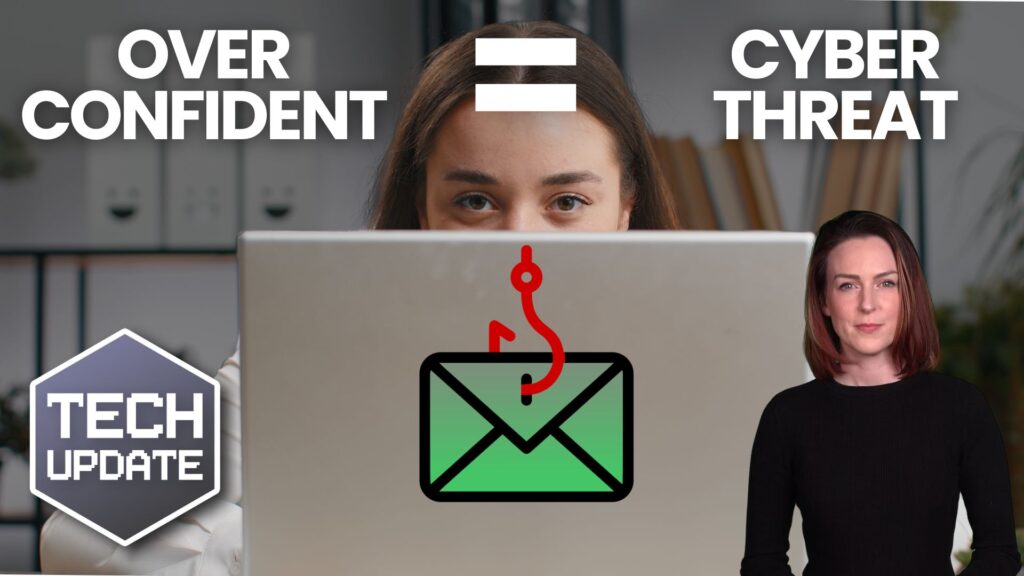
Overconfident employees: Your hidden cyber security threat?
Your team are smart, right? They’d never fall for a scam email or click a suspicious link. At least, that’s what they think. Here’s why overconfidence could spell disaster for your business’s security.

The clock’s ticking for Windows 10: Are you ready?
Is your business still using Windows 10? Uh oh. In October, Microsoft is ending free support for it. That means, if you’re still using it,

Could automation save you from spreadsheet headaches?
Spreadsheets slow us down and are too easy to mess up. So, what if I told you there’s a better way to handle data in your business?
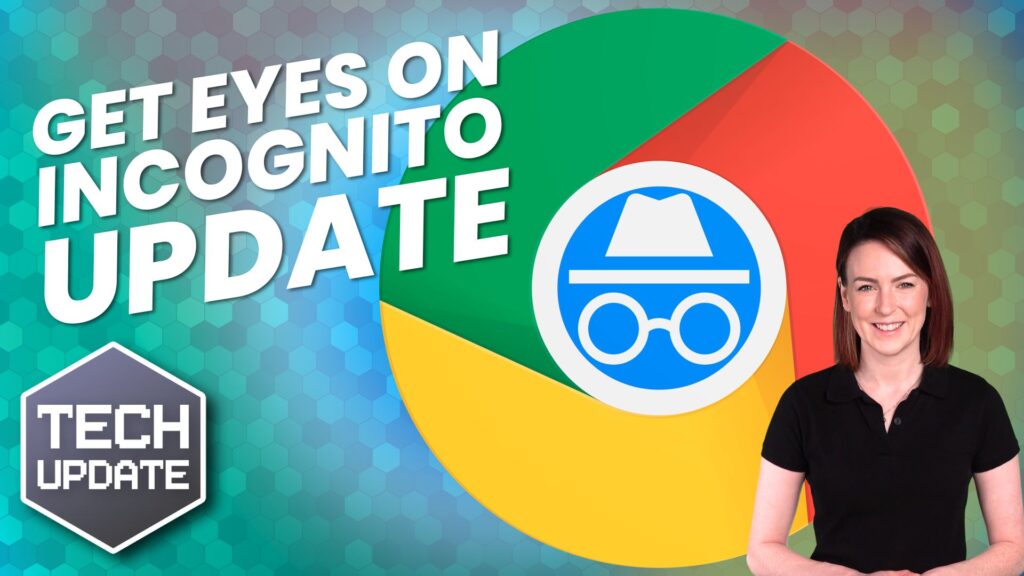
Did you notice Incognito mode’s improved privacy?
If your team use Google Chrome’s Incognito mode, you probably assume your browsing is private. But until Microsoft spotted this big flaw, your info could be shared across devices… here’s how they’ve fixed it.

Copilot could soon auto-open in Microsoft Edge
Is Edge your business’s browser of choice? Microsoft’s thinking of automatically opening Copilot when you use it. It could boost productivity, but there are privacy concerns to be aware of…
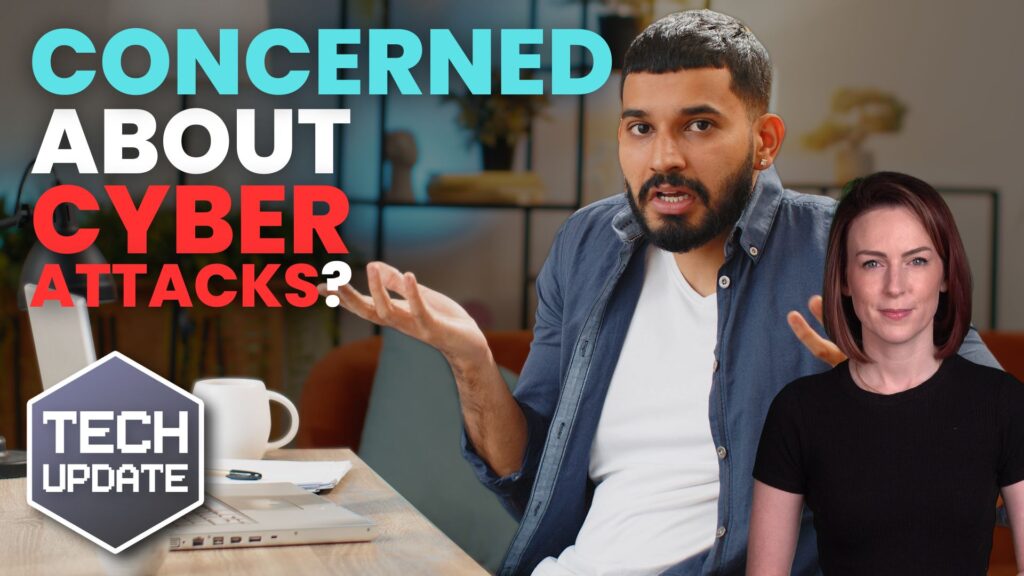
How concerned should you be about cyber attacks?
You’ve probably heard a lot of talk about cyber attacks but how worried should you really be? Well, very, because cyber criminals are getting smarter. We have good news to share about how you can protect your business
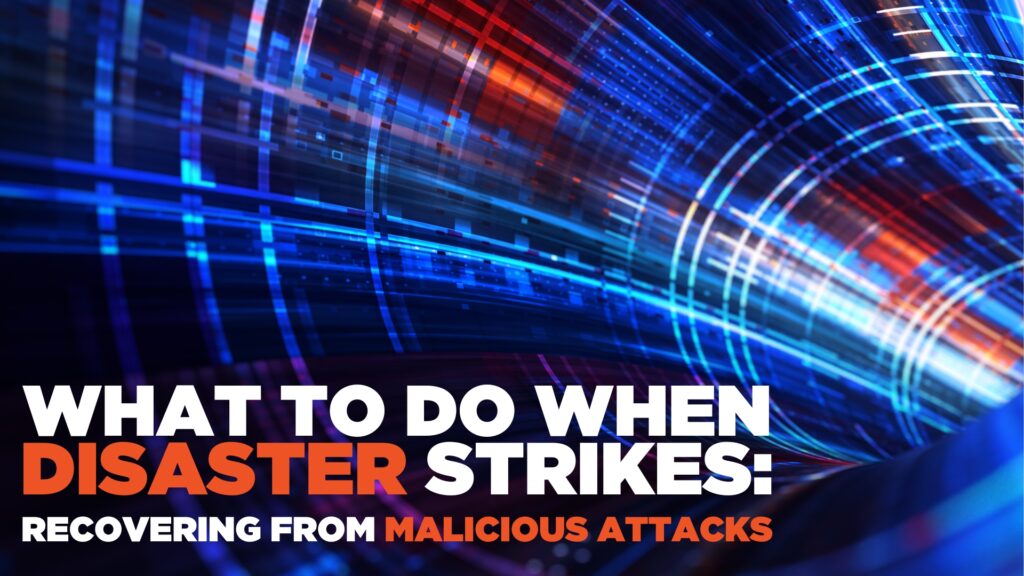
What to do when disaster strikes: Recovering from malicious attacks
Believe it or not, a great cyber security strategy doesn’t just focus on how to avoid cyber attacks – it also tells you what to
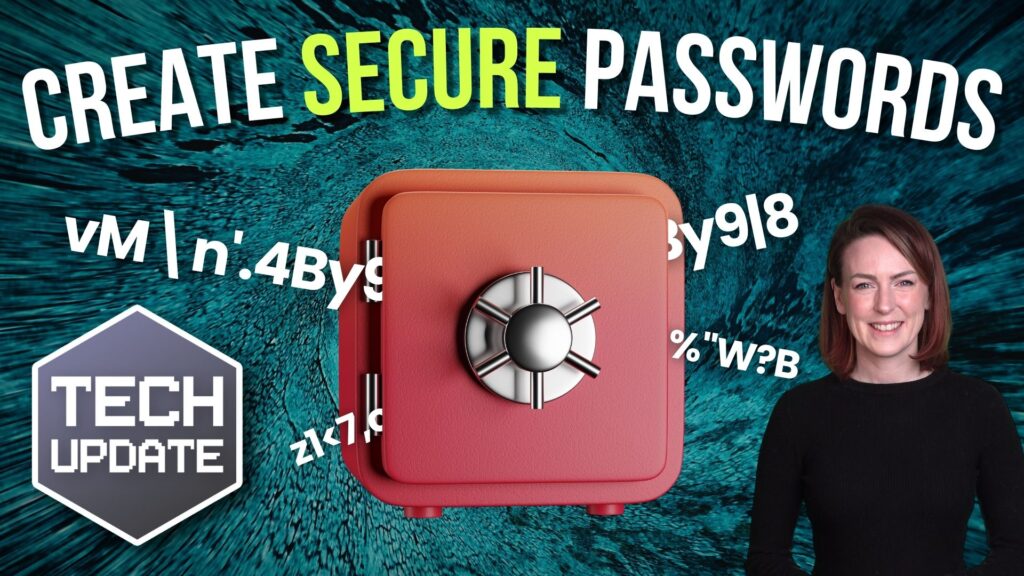
How to create secure passwords
Weak passwords are one of the biggest security risks to your business.
Why?
Because cyber criminals are getting smarter than ever before. If they manage to crack just one password, they could gain access to your sensitive business data, financial information, or even gain control of your entire system.
Cyber criminals use automated tools to guess passwords, allowing them to try out millions of combinations in seconds. So, if you’re using something like “Password123” or “CompanyName2025”, you’re practically handing them the keys to your business.
A compromised password can lead to big issues, such as:
• Data breaches
• Financial losses
• Identity theft
• Reputation damage
But how do you create strong passwords without driving yourself (and your team) mad?
Think of your password like a secret recipe, where only you should know the ingredients. It should:
• Be at least 14 characters long (the longer, the better)
• Include a mix of uppercase and lowercase letters
• Contain a few numbers and symbols (like @, $, %, or &)
• Not contain any common words or easily guessable information (like birthdays, names, or the word “password”)
Instead of using a single word, you could try a passphrase – a short, random sentence that only you would understand. For example, instead of “Sailing2025”, try something like “Coffee&CloudsAreGreat9!”. This is much harder to crack, yet still easy to remember.
You should also steer clear of these common mistakes:
• Using personal info (your name, birthday, business name, etc.)
• Reusing the same passwords across multiple accounts
• Using simple sequences (“123456” or “abcdef”)
• Storing passwords in an easily accessible place (like a sticky note on your desk)
If remembering unique passwords for every account sounds impossible, there is another option: Password managers. These generate strong passwords, store them securely and autofill them for you.
With a password manager, you only need to remember one strong master password for the manager app itself. The rest are encrypted and stored safely, reducing the risk of data breaches.
Even the strongest password isn’t foolproof, which is why multi-factor authentication (MFA) is also important. MFA requires a second form of verification, like a one-time code sent to your phone or generated from an authentication app.
If you have employees accessing your business systems, it’s a good idea to have a password policy in place to explain your rules and why they’re important. This should include:
• Unique passwords for each system and account
• Regular security training on password best practices
• Business-wide use of MFA for critical systems
• Scanning for compromised passwords regularly
By making password security a priority, you can reduce the chances of a cyber attack creating a nightmare for your business.
And if you need help making your business more secure, get in touch.
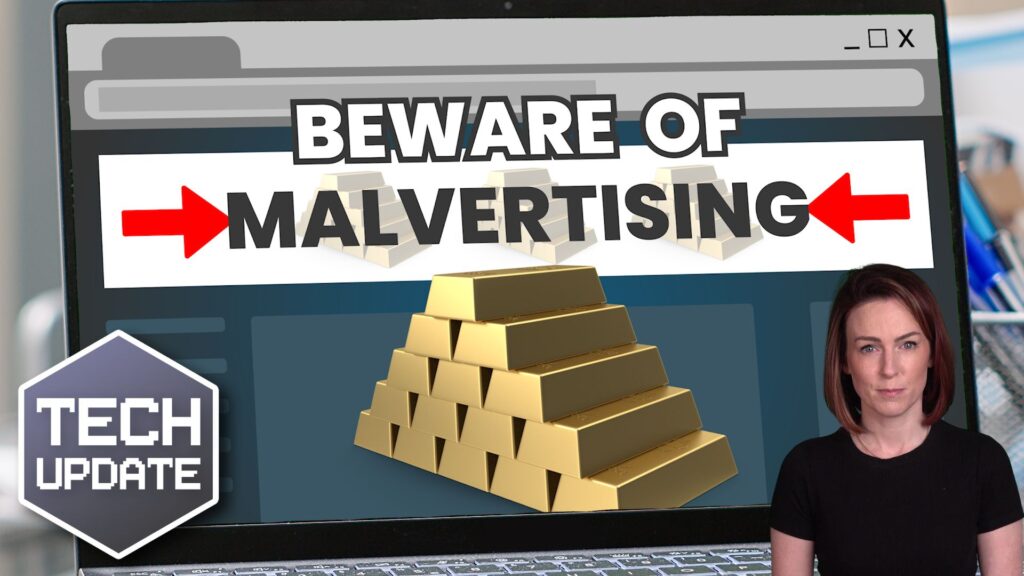
Beware these common ‘malvertising’ attacks
Ever clicked an online ad and wondered afterwards if it was a scam?… most of us have – and cyber criminals want us to keep doing it. Here’s what to look out for to stop your business’s data (and profits) falling into the wrong hands…

How Copilot Wave 2 can boost your business
Imagine having an assistant that organised your inbox, summarised meetings and documents, or even analysed business data without complaining. Now imagine you didn’t even have
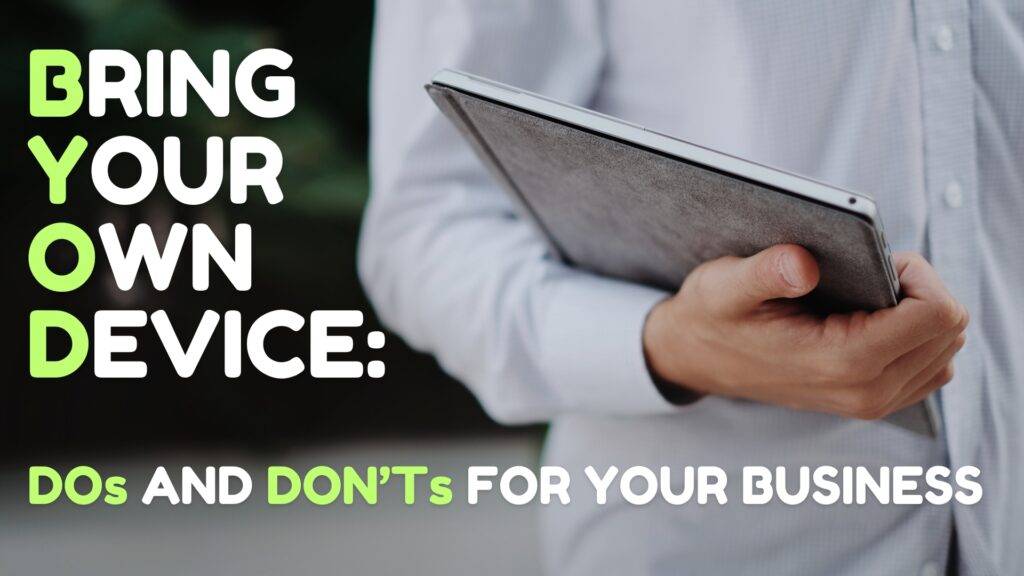
Bring your own device: Dos and don’ts for your business
Should you encourage your team to use personal phones, laptops and tablets for work? It can be helpful for productivity and motivation. BUT only if
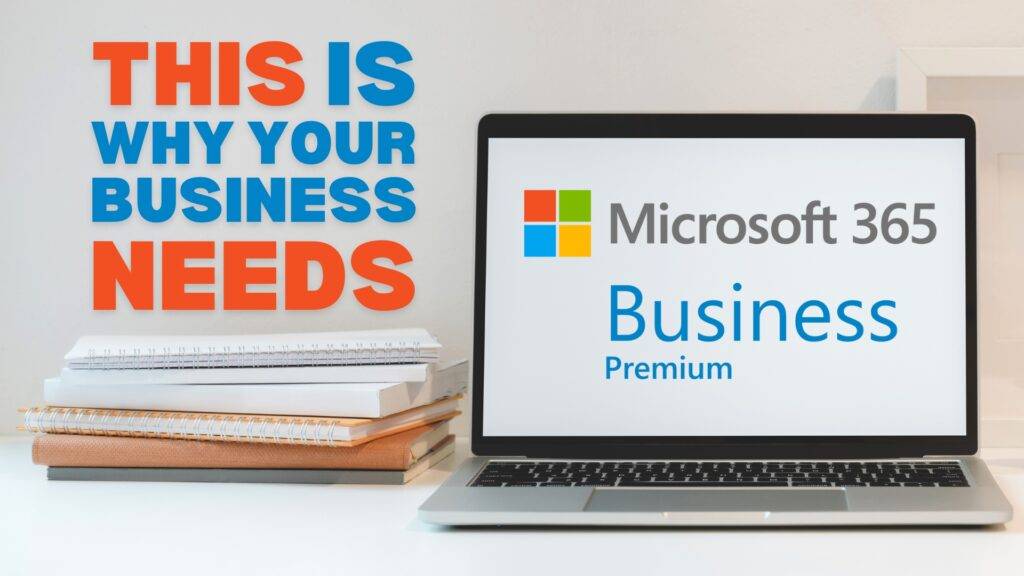
This is why your business needs Microsoft 365 Business Premium
Microsoft 365 Business Standard comes with all the tools you need for a growing business, right? Well, not necessarily. You see, as your business grows,
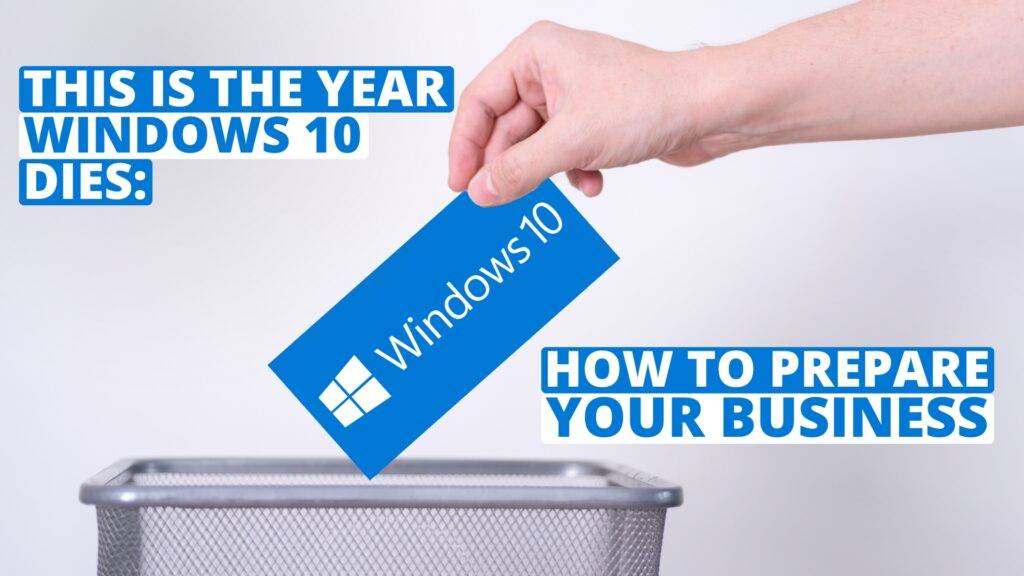
This is the year Windows 10 dies: How to prepare your business
This October we say goodbye to Windows 10. Microsoft is ending free support. And, if you’re still using it, that will have an impact on
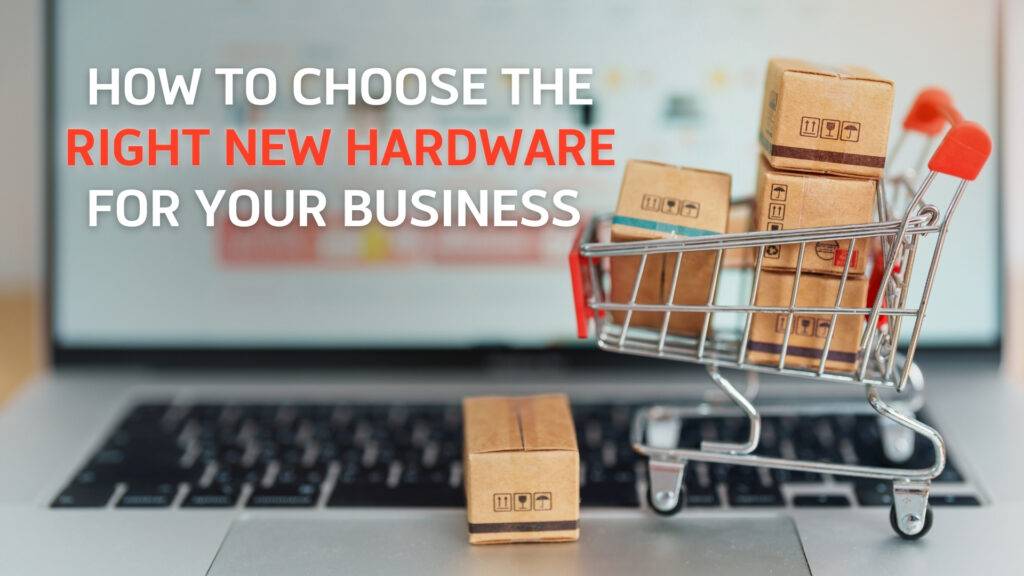
How to choose the right new hardware for your business
PCs taking too long to wake up? Internet taking more coffee breaks than you do? It might be time to upgrade your hardware. But with
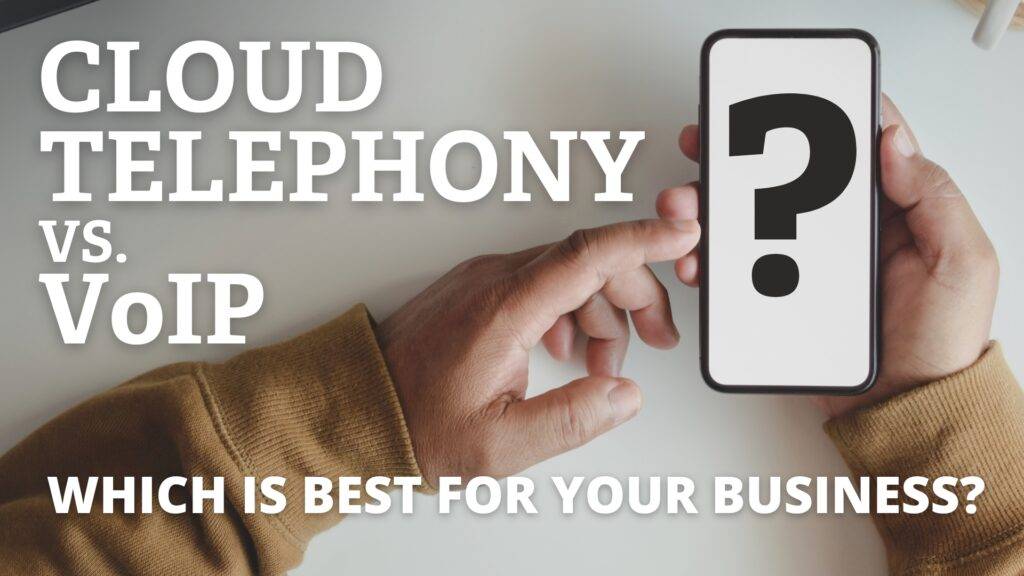
Cloud Telephony vs. VOIP – which is best for your business?
You know it’s time to upgrade your business phone system when you start to hear your staff complaining about it. Dropped calls, long wait times,

What does your email signature give away about you?
You may think of your email signature as a digital business card. It lets people know the different ways they can contact you. It might

Cyber security isn’t just a problem for IT
Cyber criminals target all businesses all the time. That means you and your team will be better protected if you make security a whole business

All your data’s gone. What now?
You log on to your computer and find… nothing. No customer data, no project files, no financial information. It’s all gone. That’s a terrifying thought

It’s time to say goodbye to Windows 10
Windows 10 reaches its end of life next year. That means no more updates, not only for new tools and features, but for the security

Cyber attacks are more common than you think
And how you respond to one can be the difference between it being an inconvenience and a complete nightmare. What’s important is to think about

A cyber attack will probably start with an email
Here’s a shocking fact: 90% of cyber attacks start with a simple email. And guess who uses email every single day? EVERYONE… including you and

Here’s how to save time, money and stress on your IT
Your business couldn’t function without its technology, right? And from time to time, things go wrong. If these are the only times you speak to

Encryption: the difference between chaos and calm
What would happen if your business data was stolen? Would it: Throw the company into chaos and put everything on the line? Or… Be an

Watch out for that digital storm!
When you’re sailing along smoothly in business it really does feel like you’re living the dream. But what happens when things get a little choppy?

You’re not still handling your own IT, are you?
When you’re running a successful business, you just can’t do everything yourself. You need to protect your time to focus on the bigger picture: growing

Your 2024 cyber security considerations
We’re weeks away from the new year. And this is a great time to start thinking about what needs to get better in 2024. We

Are you neglecting your home office security?
Working from home comes with lots of benefits; a better work/life balance, no commute, and a much more relaxed dress code. But there can be

Could AI be the key to growing your business?
Artificial Intelligence (AI) isn’t just another fad. And it’s not only good for customer service and writing emails. It’s got real potential to help you

Are you paying for productivity apps you’re not using?
You know about Word, Excel, and PowerPoint, but there are countless hidden gems included with your Microsoft 365 subscription that you might be missing out

The Metaverse explained: how it could affect your business
We’re beginning to hear more and more about the Metaverse and the many ways we’ll be using it over the coming years. But is it

Human error: your biggest cyber security risk
Small and medium-sized businesses are the most likely targets for all kinds of cyber attack. And your biggest weakness is your people. That’s why it’s

Back up your data. One day it could save your business.
We all hope disasters will never happen. But of course they can, and do. So it’s best to be prepared. That’s why a reliable backup

How to plan a big IT project
If you have business systems that feel like they need bringing into the 2020s, you might be thinking about a major IT project. And that

All businesses should adopt MFA. Now
Multi-Factor Authentication (MFA) adds extra layers of security to your business. It means you need at least two pieces of information to log in to

The 3 most important areas to discuss with your technology partner (jargon-free)
IT support is a technical job, and some of the language used can be a bit, well… technical. So here’s our jargon-free look at the

3 ways to protect your business email
Most cyber attacks start with an email. So let’s show you three things you can do right now to make it harder for criminals to

3 steps to better cloud security
Cloud services are convenient, great for remote working and packed with cool features. But how sure are you that your information is secure? We want

3 tech trends to look out for in 2023
Knowing which new technology to adopt in your business isn’t an easy task. Here are 3 top trends to look out for in 2023.

5 quick ways to boost your business’s Wi-Fi speed
Business is hard enough without having to put up with slow internet. You deserve better and so does your team. Here are 5 quick ways

Could avatars make your Teams meetings more fun?
Do you inwardly (or outwardly) groan at the thought of yet another video call? They’re now a normal part of our working lives, but it doesn’t make them any more exciting. Good news: Microsoft is introducing Metaverse-style avatars, called Mesh avatars, to Teams. You’ll be able to design your own avatar, personalizing its appearance, accessories, and even choosing its reaction …

Windows 12 is coming… here’s what we know so far
While Windows 11 is only just celebrating its first birthday, we’re already hearing our first rumours about what Windows 12 will have in store. There’s no rush for the time being – we won’t see this new operating system until the back end of 2024 – but we love to be ready for what’s coming next, so here’s what we know …

Are you using Teams to share sensitive data?
Microsoft Teams has fast become one of THE most useful business tools for the way we work today. No matter where your people work from, they can communicate and collaborate quickly and reliably. But this remote way of working can also open the door to some MAJOR security issues. New research shows that nearly HALF of employees frequently share confidential …

Some bosses think their people do less when working from home
Microsoft has become the leader of productivity over many decades. Can you imagine doing your day to day work without their software? So it’s no surprise the tech giant recently conducted a major new survey into productivity in the workplace – and some of the results might surprise you. Researchers surveyed 20,000 people working for […]

3 things your business must look for in a password manager
Password managers are amazing pieces of software. They make it easy for you and your staff to stick to password best practice, while saving you

How much do you really know about phishing scams?
Phishing is where someone sends you a fake email pretending to be someone else. They’re hoping you’ll click a bad link or download a dangerous

How to get the perfect video call setup, whatever your budget
Video calls have quickly become a critical communication tool. Yet too many people have a poor video call setup, with bad camera angles, poor lighting

How to stop Teams opening when you startup Windows 11
Most people who rely on it love Teams. There’s no disputing that. But it can be frustrating. Such as the way it opens automatically when

Now ‘Do Not Disturb’ means exactly that
Imagine hours to get on with your most important tasks, without any interruptions from your team. It’s the dream isn’t it? A major update to

Three clever tricks to get more out of Teams
Every business we support that relies on Teams agrees it’s an incredible tool for communication and collaboration. We’re full of clever tricks you can do

Want to be even more productive? Try Microsoft Lists
Over the past couple of years we’ve all benefited from so many new productivity tools. It’s been great. But if your core problem is just

How to protect your webcam from spies
In just two short years, a good quality webcam has become a critical tool for everyone. Could you imagine doing business without one? But hackers

When something’s wrong, you want a responsive IT helpdesk
With our clients we work on all aspects of their technology, especially making sure they have a suitable technology strategy. We’re also there for them

Would any of your staff actually click that link?
There’s a cyber-crime called phishing. It’s a major pain. Criminals send emails pretending to be someone they’re not, hoping one of your people will click

How to accurately predict annual hardware expenses
Pulling together your budgets for next year? While it might be hard to know how much your business will spend on software – especially as

How to stop programs from loading at startup
If Windows takes ages to start, maybe there’s too much software launching automatically on your business’s PCs. Our new video shows how to manage that.
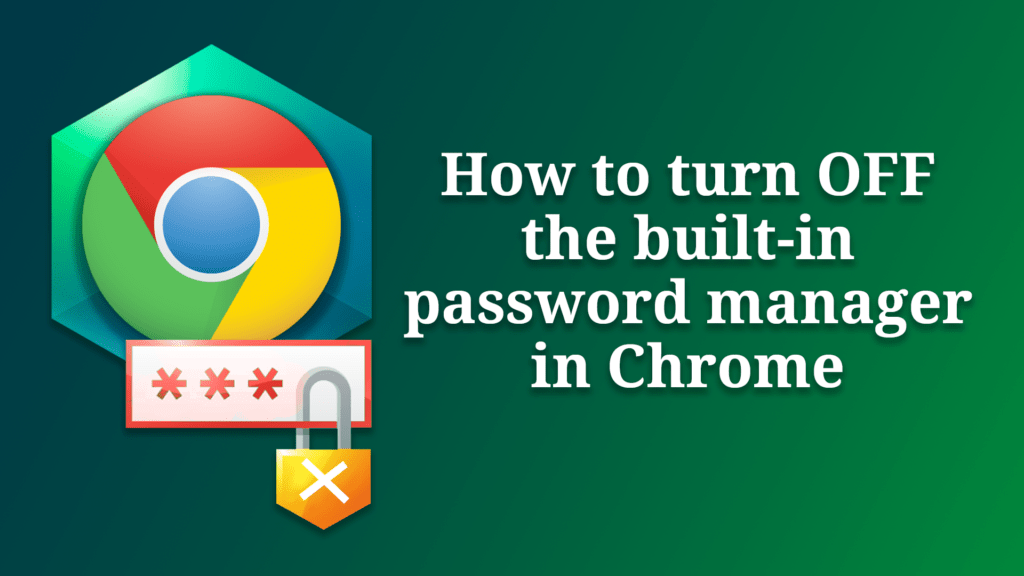
How to turn off the built-in password manager in Chrome
We always recommend you use an external password manager. And if you do, disable the built-in one offered within Chrome. Here’s why – and how

What is multi-factor authentication?
There are some very basic security measures you can use that offer really high levels of protection for your business. Multi-factor authentication is one of

Plan ahead now if you need new hardware later this year
Did you know we’re right in the middle of a global chip shortage? A number of different things have come together to create the perfect

Protect clients against the growing phishing attack threat
From phishing attempts to malicious attachments, email servers are constantly under attack. The risk of falling victim to a cyberattack has significantly increased throughout 2021.

So you’ve tapped a bad link on your phone
We’ve all done it – tapped a link, realised it’s not what we thought it was, and then wondered what damage it might cause to
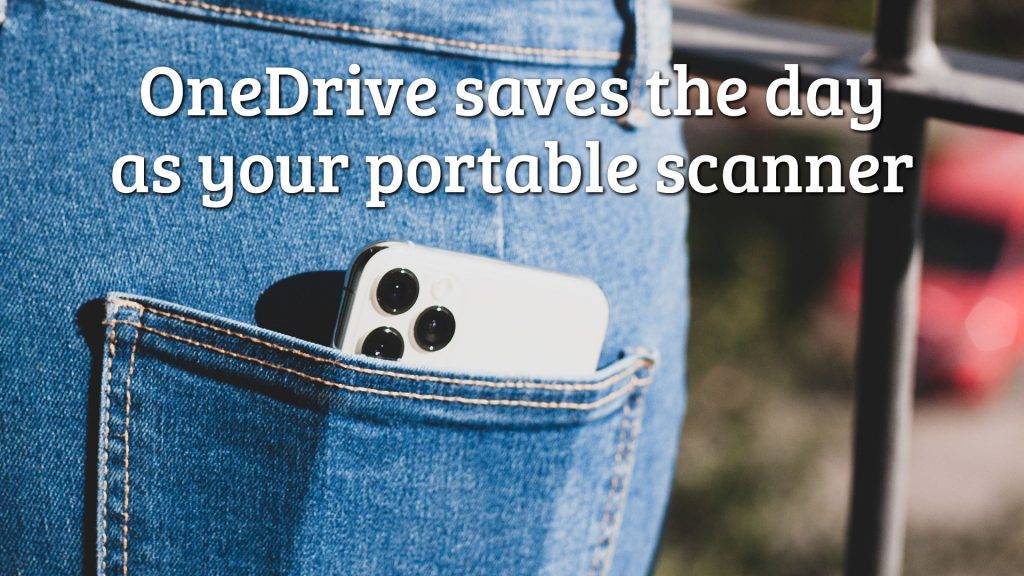
OneDrive saves the day as your portable scanner
There you are, working from home and getting things done, until suddenly… you need to print, sign and scan a document. You’ve got a printer,

The data security equivalent of leaving your windows open
We all take great care to keep our homes secure. Yet some business owners and managers don’t have the same attitude towards their business’s data
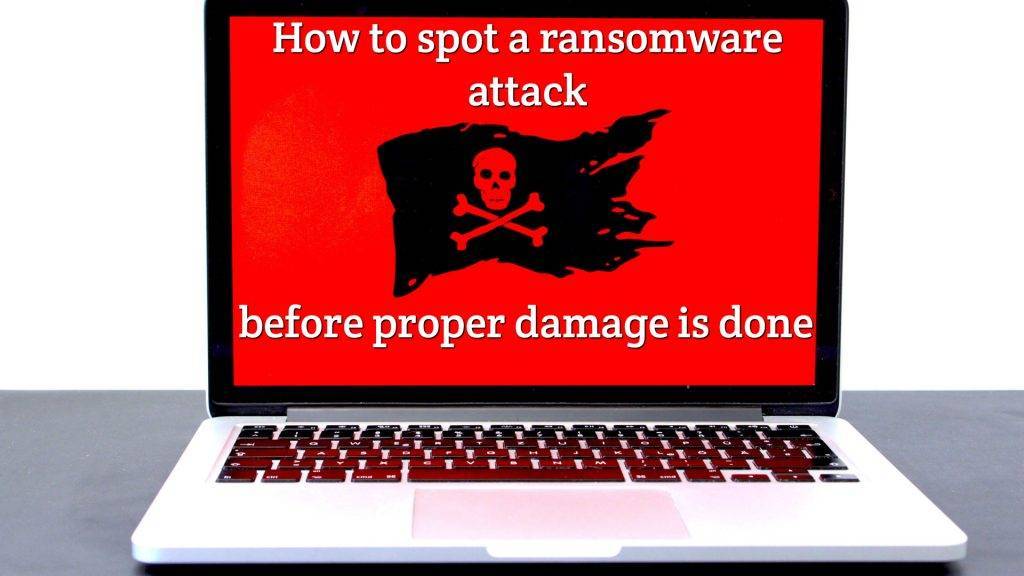
How to spot a ransomware attack before proper damage is done
One of the most terrifying things that can happen to your business is a ransomware attack. This is where hackers take control of your network
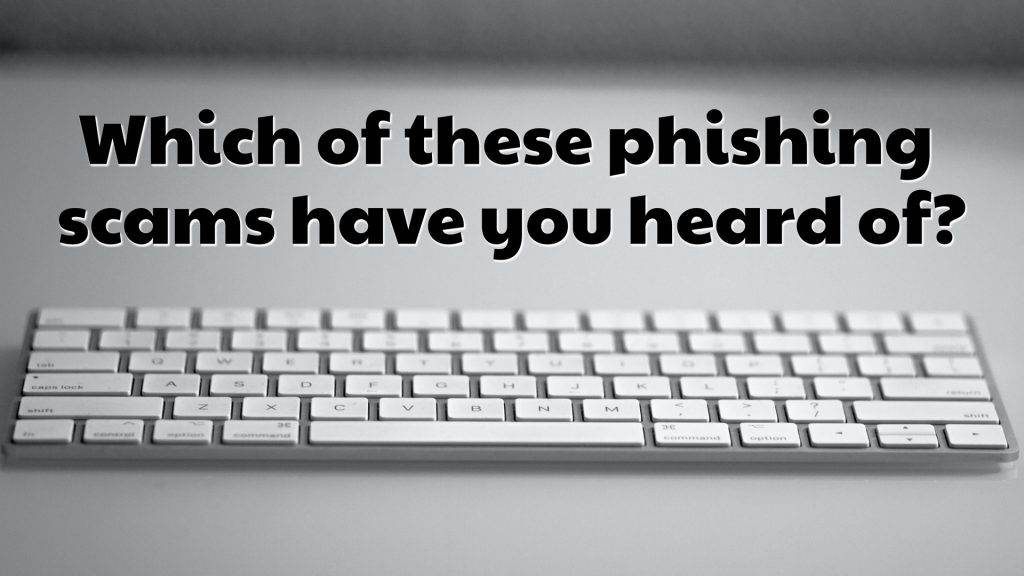
Which of these phishing scams have you heard of?
You’ve heard of phishing, we’re sure. It’s where criminals send you an email, pretending to be someone else (like your bank), to try to get

Why your new PC is slowed down by bloatware
There’s no better feeling than getting a new PC. Until you start it the first time, and realise it’s full of software you didn’t want
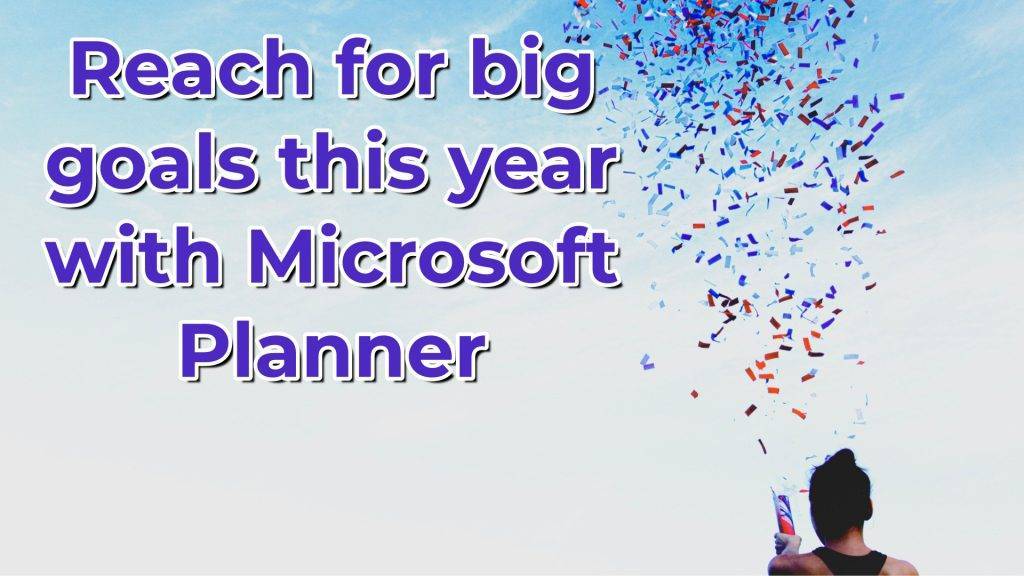
Reach for big goals this year with Microsoft Planner
Microsoft 365 has some amazing productivity and collaborative tools already built in. Did you know that within Teams there’s a useful project planning tool? Watch

4 ways to make video calls better in 2021
I think we can all accept by now, that video calls will continue to be a staple of business communications next year. But did you

The Fort Of Cyber Security – What Is Data Encryption?
Encrypt your data before the Hackers do it for you… What exactly is Data Encryption? Encryption helps protect data you send, receive and store using
A Password Manager Makes Your Business Secure + Life Easier For Your Staff. At The Same Time.
Easy passwords are embarrassingly easy to crack. Fluffy123. ArsenalRulez. It’s almost embarrassing how easy it is for hackers to crack them, using automated tools. ?
Business As Usual Your Urgent Coronavirus Checklist
To ensure your team can work as normally as possible from home On the 3rd March, the Government published their Coronavirus action plan. In his
Keep Your Data Safe When Staff Use Their Own Devices
Because we have to work from home for now, your team are probably using their own devices. Which is fine… so long as your business’s
How To Make Your Team’s Video Calls Easier And Less Stressful
Another useful work from home guide from S2 Computers Video calling and conferencing has exploded since most of us have had to start working from
Your Urgent Coronavirus Advisory. How To Avoid Current Online And Phone Scams
We’re helping every person and business in Norwich to stay safe, by issuing this urgent advisory. Hackers have become very creative in the last few
Preparing To Return To Your Workplace
Because we have to work from home for now, your team are probably using their own devices. Which is fine… so long as your business’s
Cyber Security Review May Spell End For Huawei 5G Deal
The National Cyber Security Centre in the UK is expected to conclude that US sanctions against Huawei will make it impossible to use the Chinese company’s technology
Remote Workers Bombarded With 65,000 Google-Branded Cyber Attacks In First Four Months Of 2020
Remote workers have been targeted by up to 65,000 Google-brand impersonation attacks, according to the most recent ‘Threat Spotlight’ report from Barracuda Networks. This type
How SharePoint Makes Remote Working Easier
Right now we’re all looking at hybrid setups. The perfect technology that allows you to collaborate and work efficiently, whether you’re working from home or
New HMRC SMS Phishing Scam Targets Self-Employed Workers
Cyber-criminals have launched a new phishing scam designed to steal personal and financial details of self-employed workers using the Self-Employment Income Support Scheme (SEISS) during the COVID-19
41% Of UK Workers Haven’t Received Adequate Cybersecurity Training
An average of 41% of UK employees across all sectors have not received adequate cybersecurity training, which is leaving businesses and individuals vulnerable to attacks,
Nintendo Breach: Now 300,000 Accounts Affected
Nintendo has added another 140,000 accounts to those it claimed were compromised by hackers from April this year, bringing the total to 300,000. The updated
46% Of SMEs Sharing Confidential Files By Email During Lockdown
Nearly half (46%) of small and medium-sized enterprises (SMEs) regularly share confidential files via email, including financial and employee data in spreadsheets, according to a
Foodora Data Breach Impacts Customers In 14 Countries
Online food delivery service Delivery Hero has confirmed a data breach affecting its Foodora brand. The cybersecurity incident has exposed the account details of hundreds of thousands of customers
NHS: 100+ Email Accounts Hijacked In Phishing Campaign
The NHS has confirmed that 113 internal email accounts were compromised and used to send malicious spam outside the health service around two weeks ago.
European Commission: Still Work To Do On GDPR
The GDPR has successfully met its main objectives but work still needs to be done to improve cross-border investigations, increase regulator resources and address fragmented
One Million Phishing Messages Reported In Two Months
The National Cyber Security Centre (NCSC) has announced that in just two months of its Suspicious Email Reporting Service being launched, it has received one million reports.
COVID-Themed Ransomware Attack On Android Users Revealed
Details of a new COVID-themed ransomware attack on Android users in Canada, known as CryCryptor, have been revealed by ESET researchers. In the attack, people were lured
Online Learning Platform Exposes Data On One Million Students
Over one million North American students have had their data exposed after a popular online learning platform left it in a publicly accessible cloud database,
Researchers Find New Calendar-Based Phishing Campaign
Researchers have once again spotted crooks using calendar invitations to mount phishing attacks. The Cofense Phishing Defense Center found the attack in enterprise email environments protected by Proofpoint and
More than a third of businesses do not have a ransomware emergency plan in place, or are not aware if one exists within their company.
More than a third of businesses do not have a ransomware emergency plan in place, or are not aware if one exists within their company.
Criminals Exploit Pandemic With Brute-Force RDP Attacks
ESET is the latest security company to notice a sharp spike in RDP-based hacks over the last few months. The anti-malware company spotted a rise in
HMRC Phishing Scams Persist, Begin Targeting Passport Details
Fraudsters are continuing to exploit self-employed people with advancements in already-established COVID-related HMRC phishing scams. Uncovered by Griffin Law, the latest variation of this attack is now targeting
How To Protect Your Data From Ransomware
Have you heard of malware? That’s scary enough – but have you also heard of ransomware? This is where criminals lock you out of your
HSBC SMS Phishing Scam Targets UK Victims
People in the UK are being targeted by a new phishing scam designed to trick victims into handing over details of their HSBC bank account.
95% Of Brits Unable To Consistently Identify Phishing Messages
Just 5% of Brits are able to recognize all scam emails and texts, a study from Computer Disposals Limited has found. Scam emails purporting to be from
Billions Of Banking And Social Media Credentials Available Online
Around 15 billion credentials are in circulation in cyber-criminal marketplaces. According to new research from Digital Shadows, a 300% increase in stolen credentials from over 100,000 data breaches
